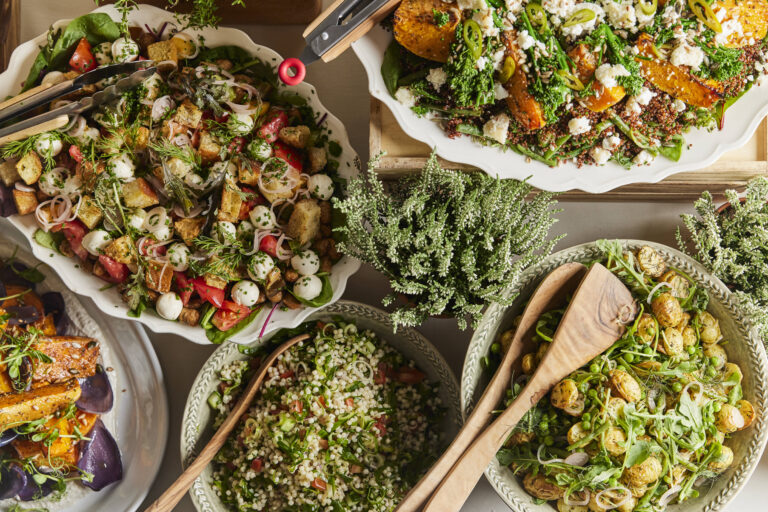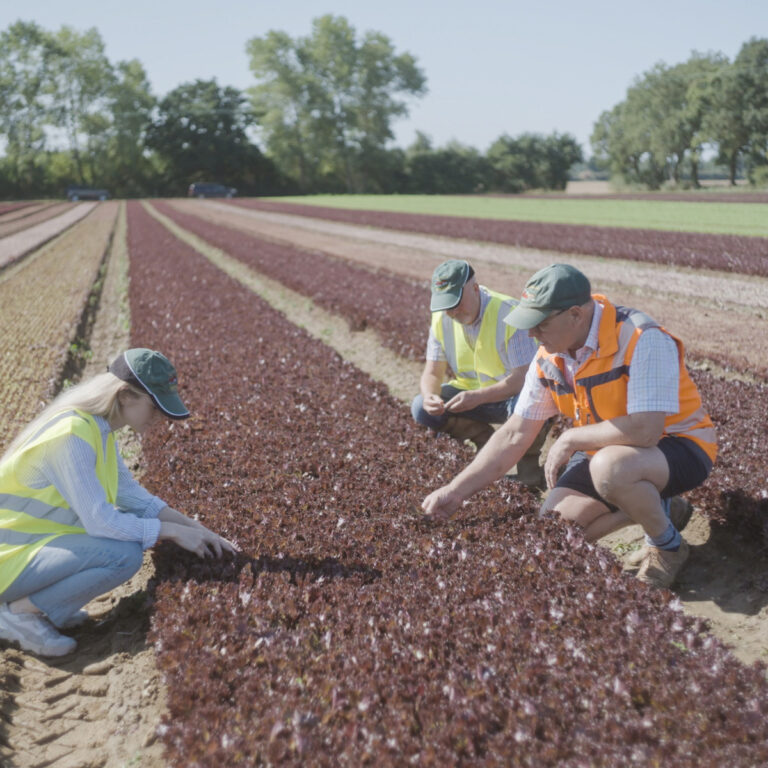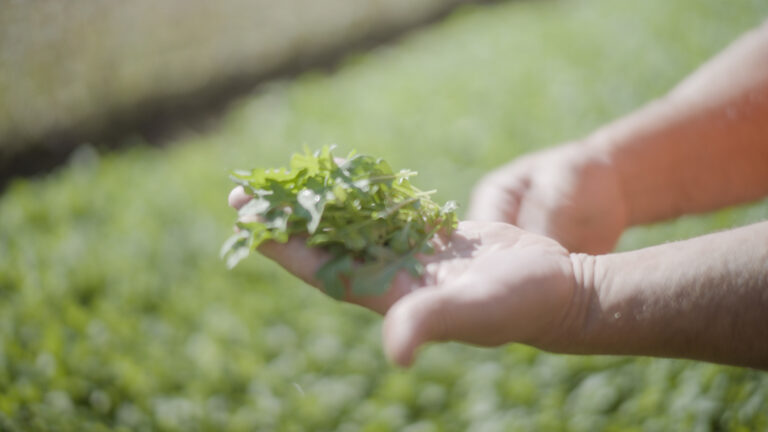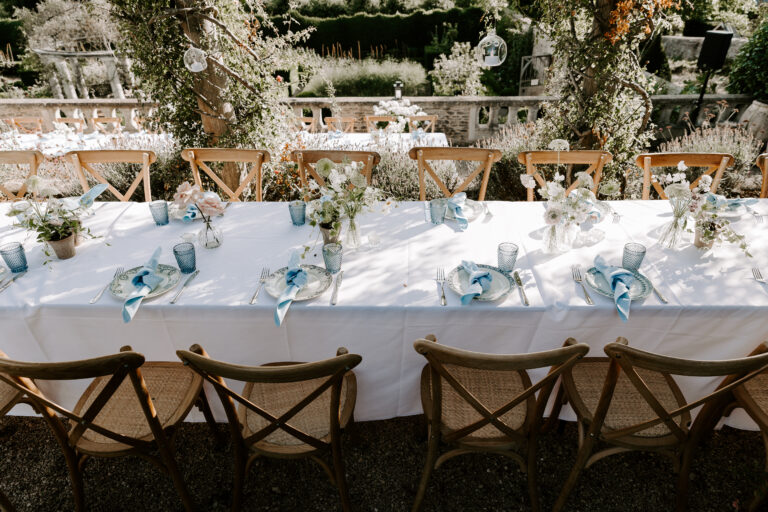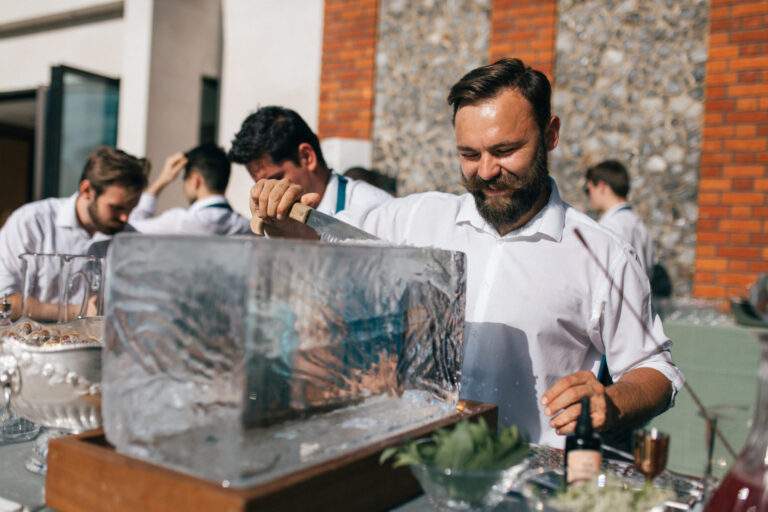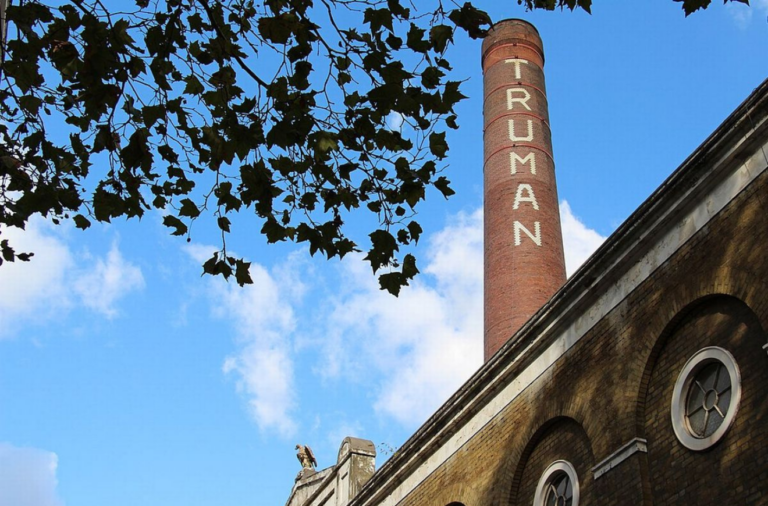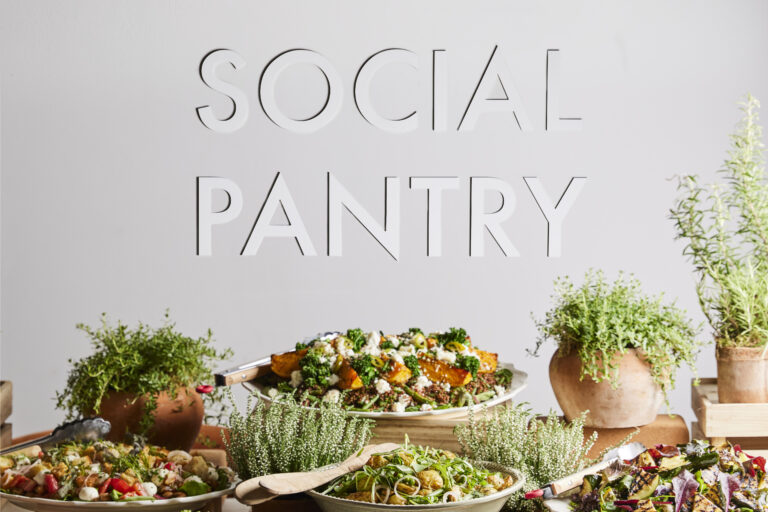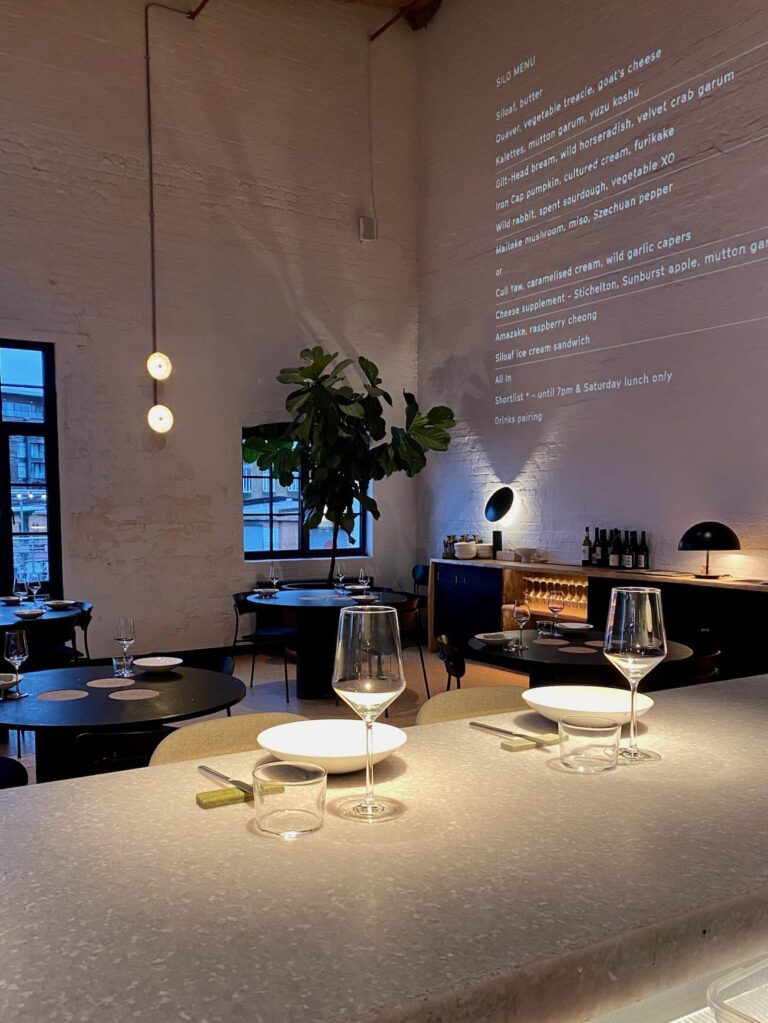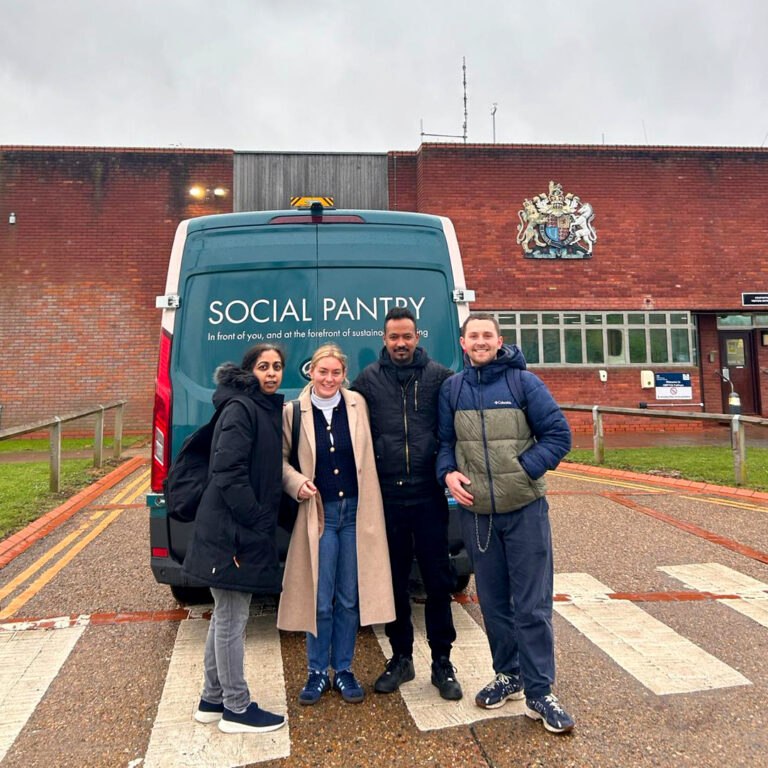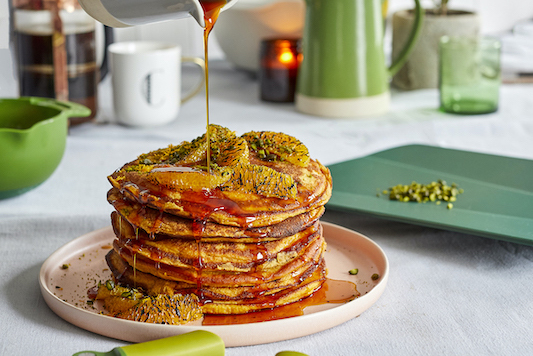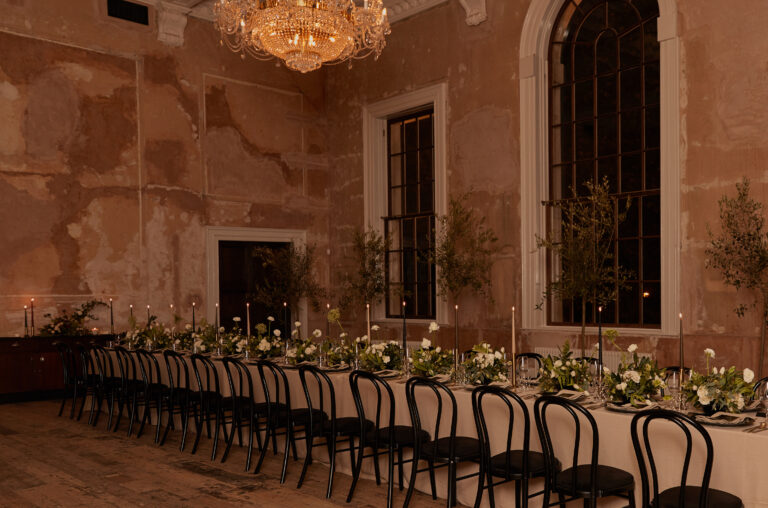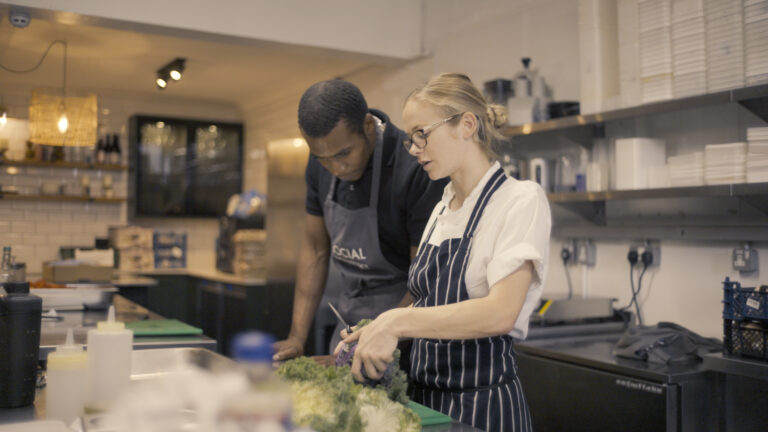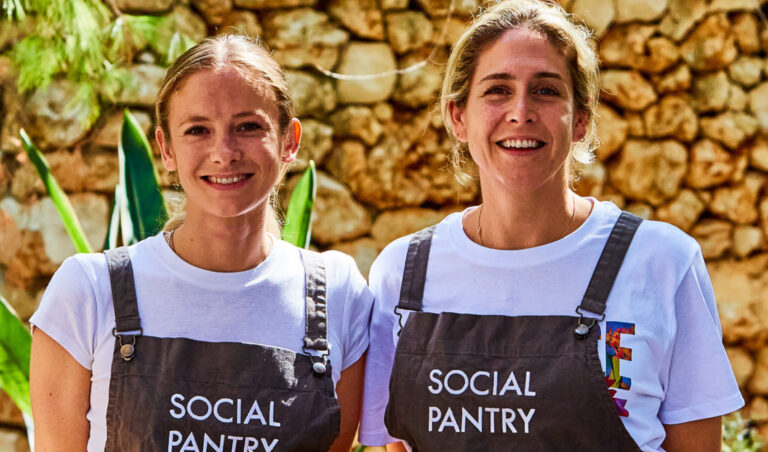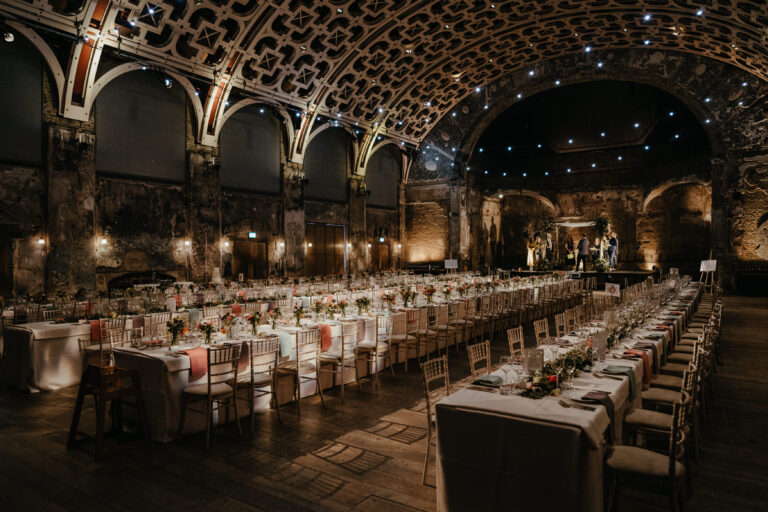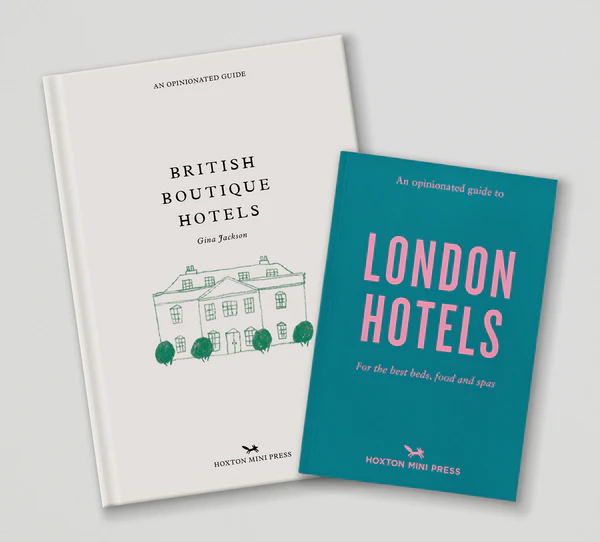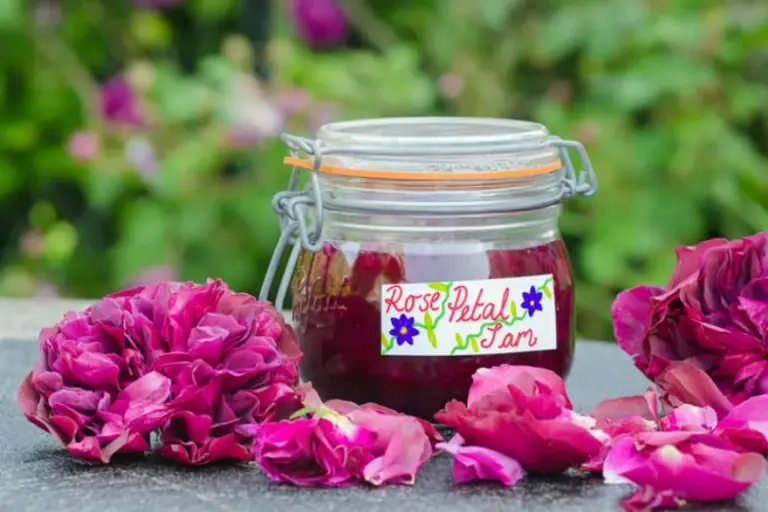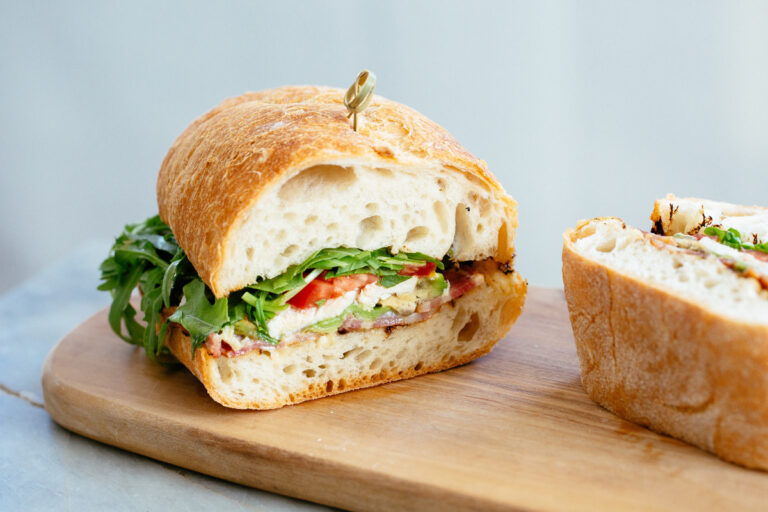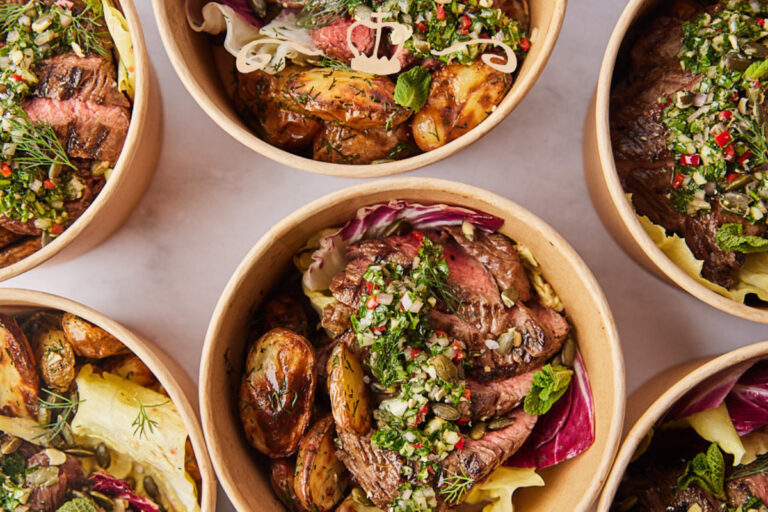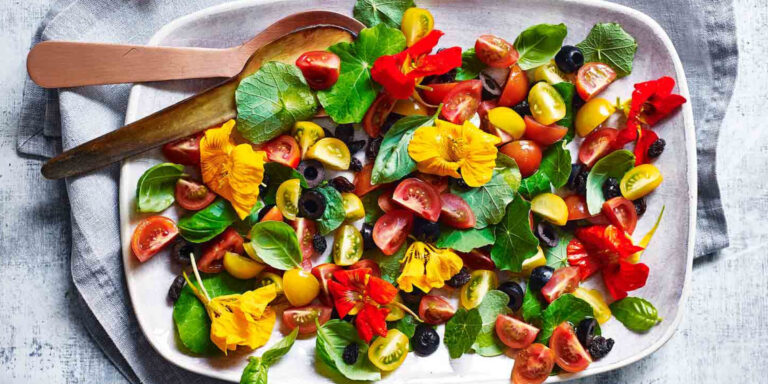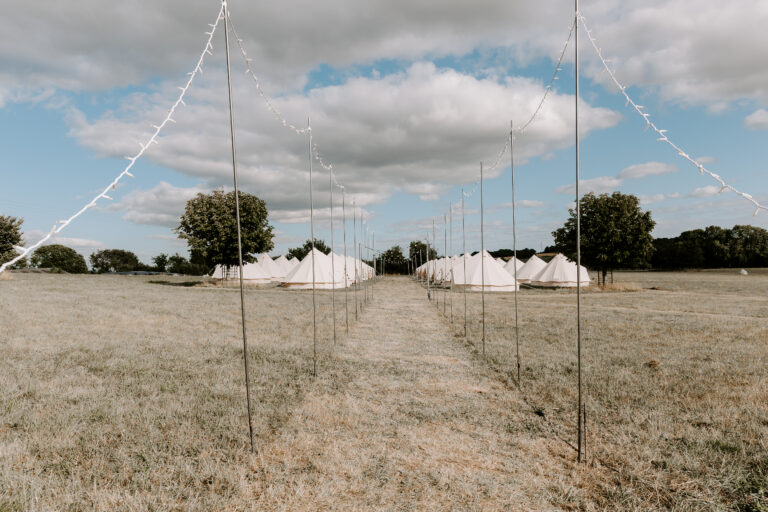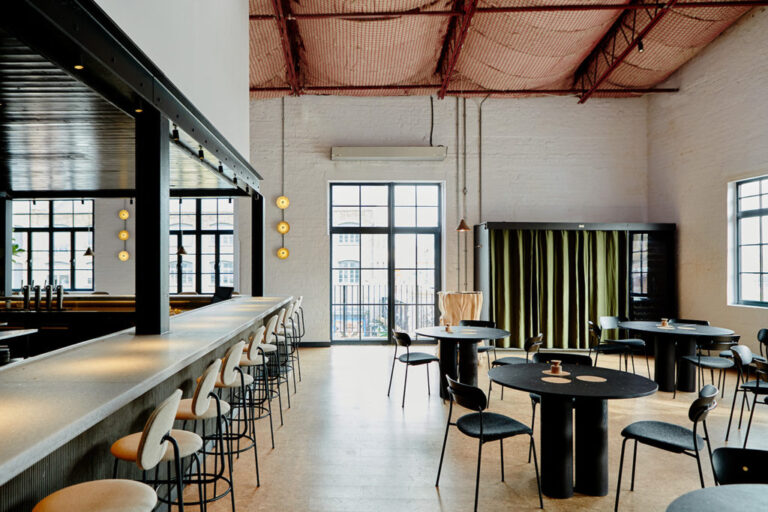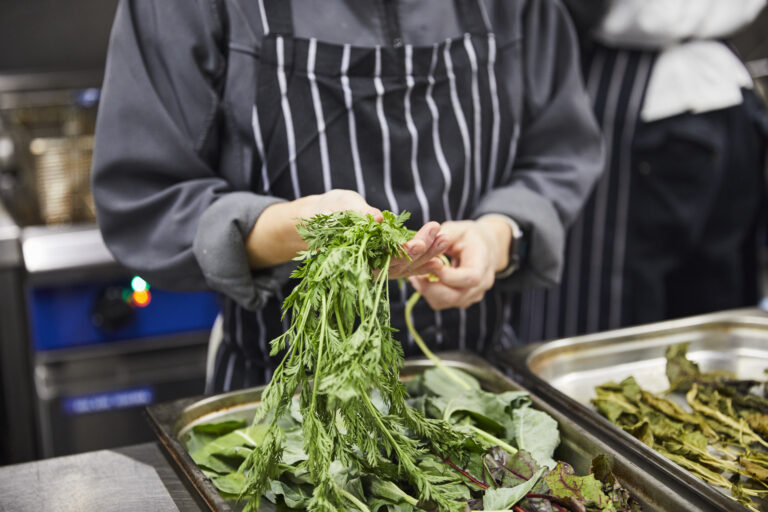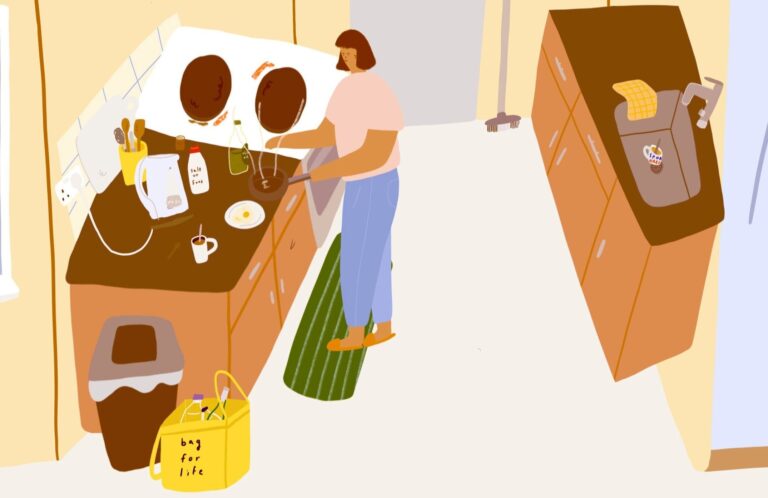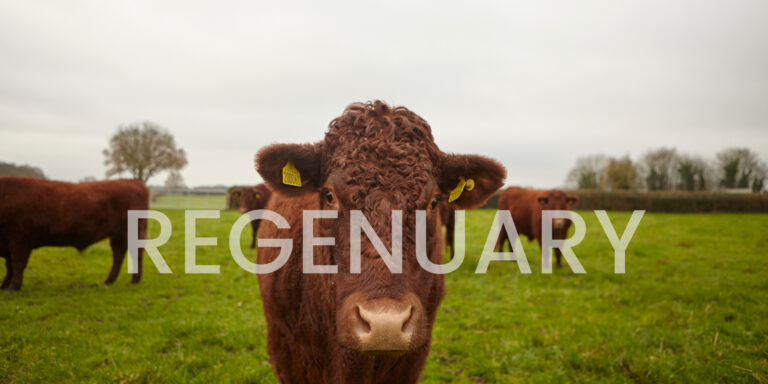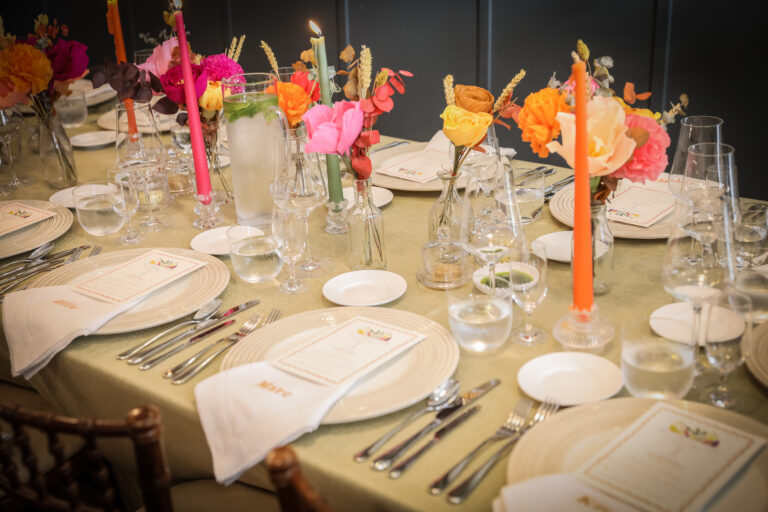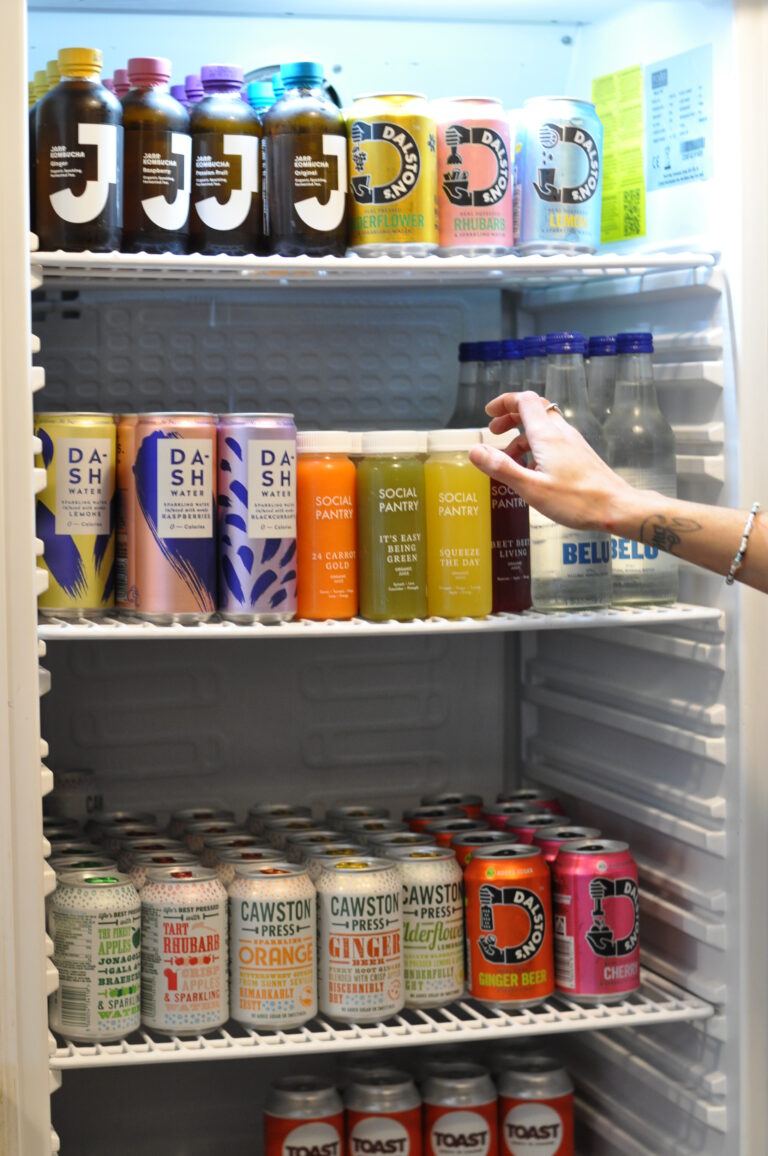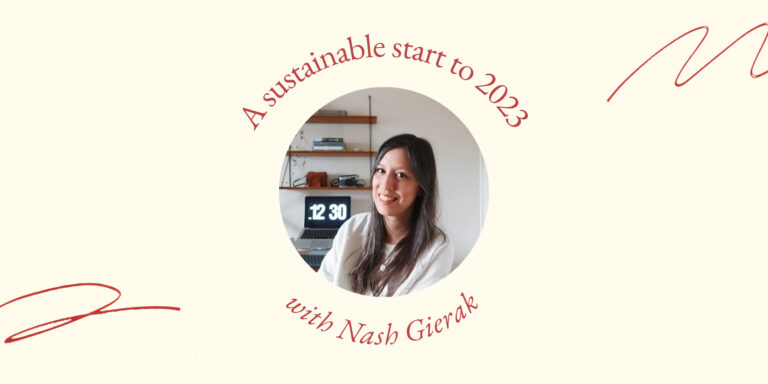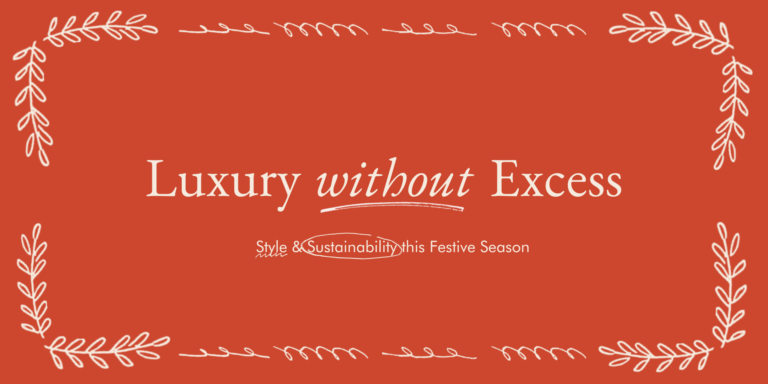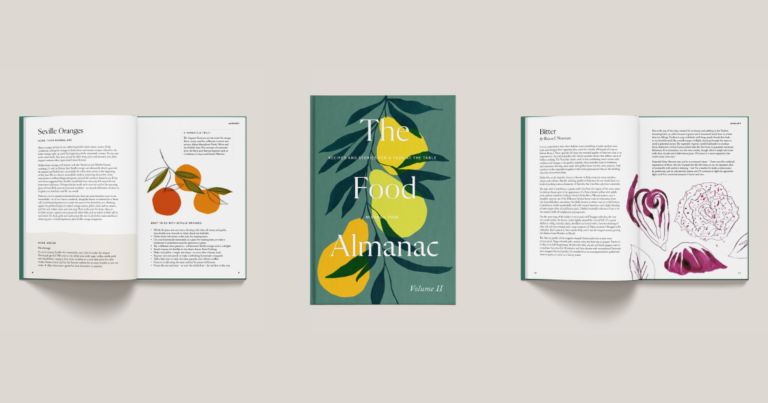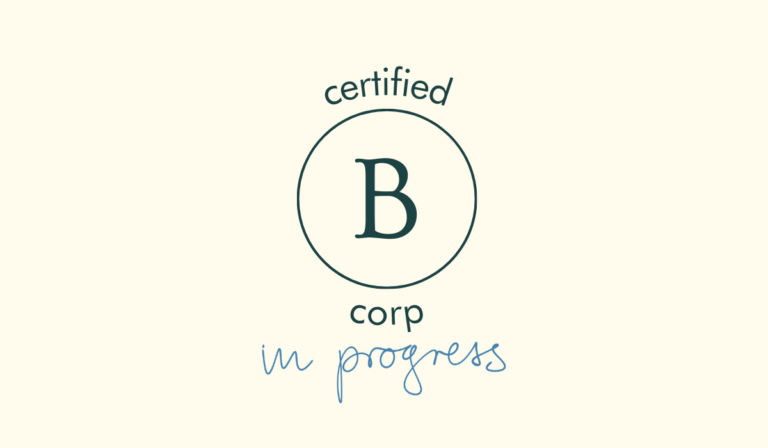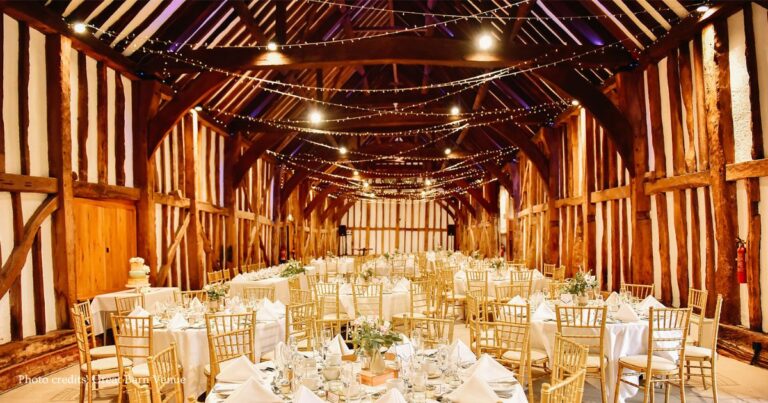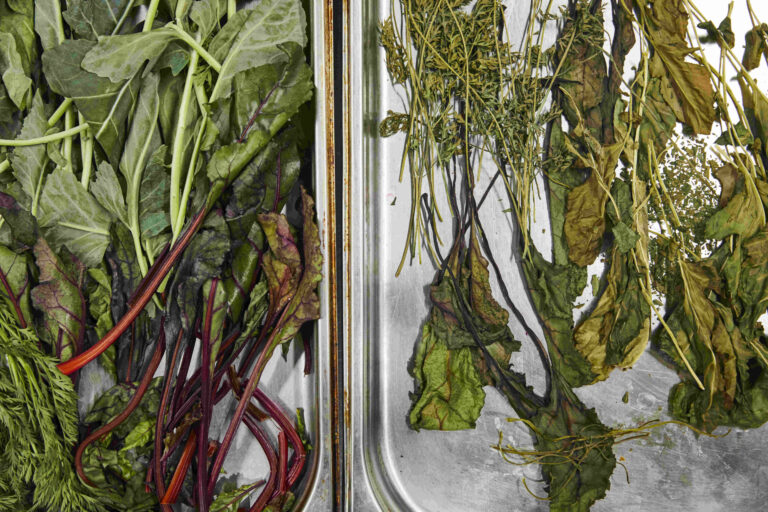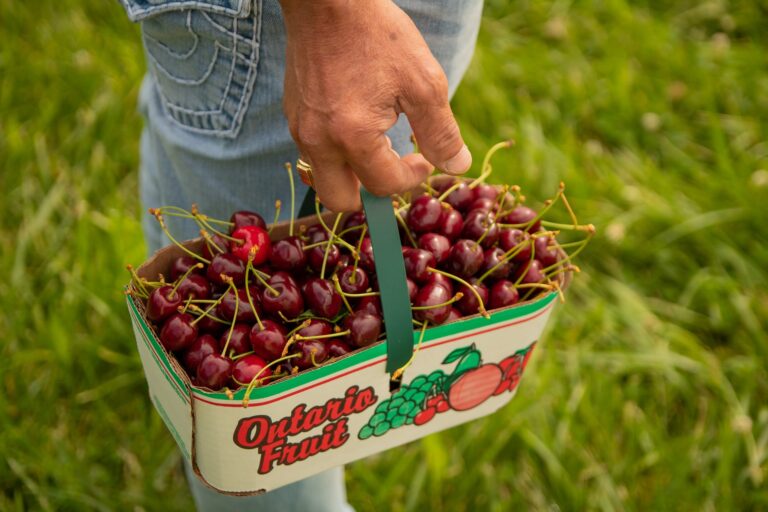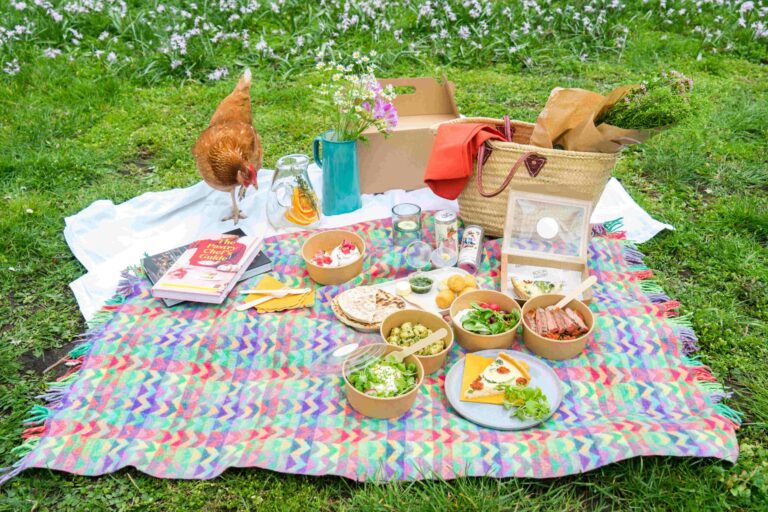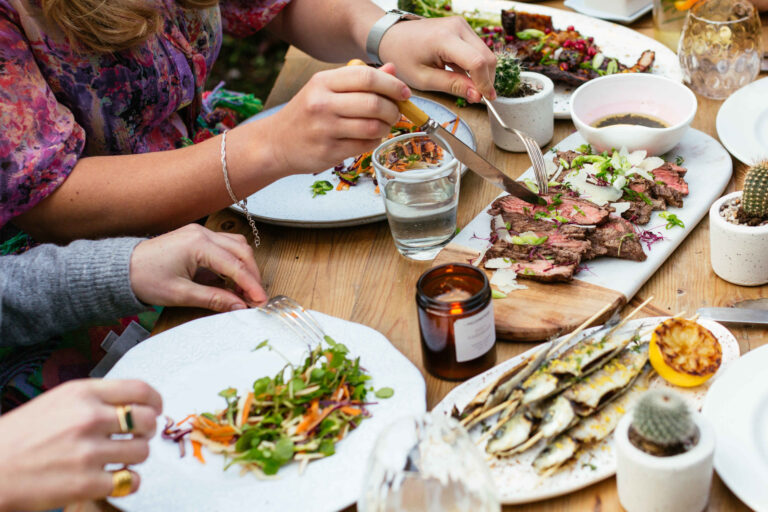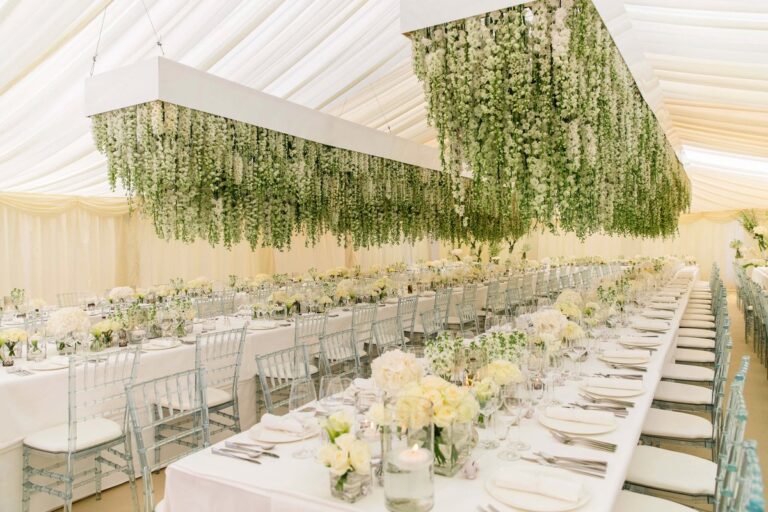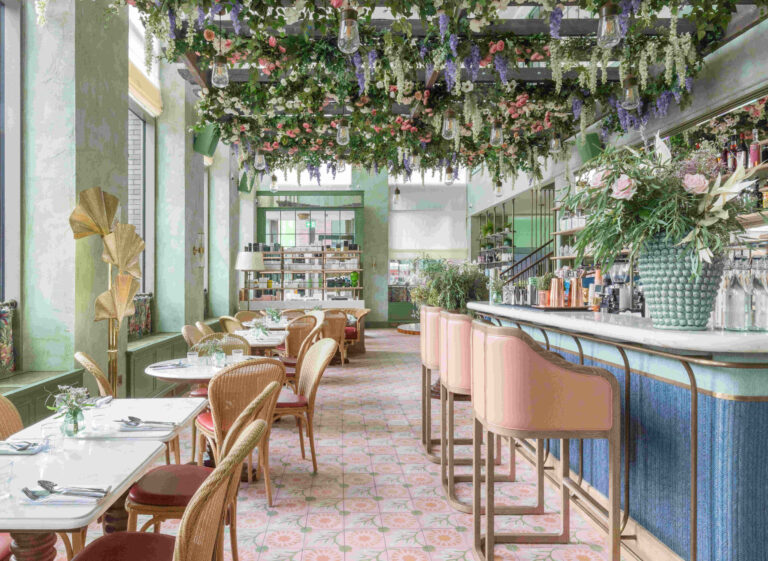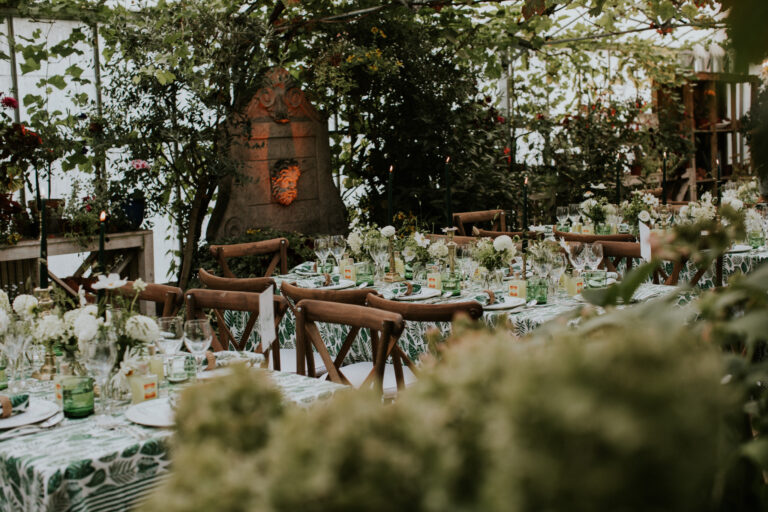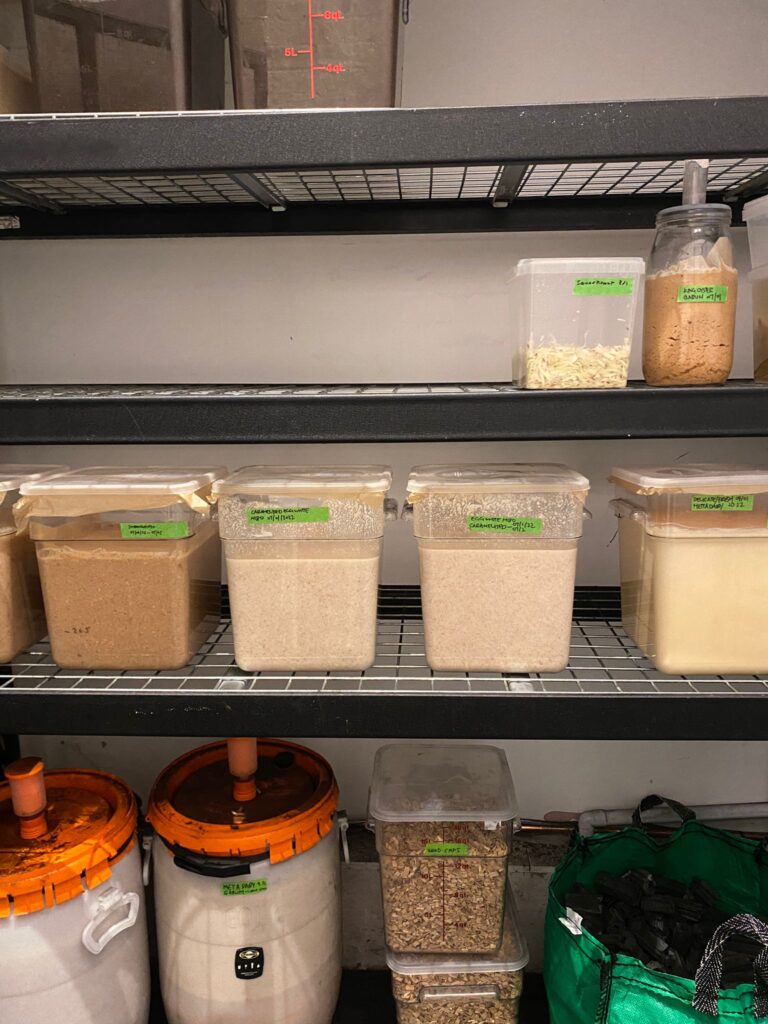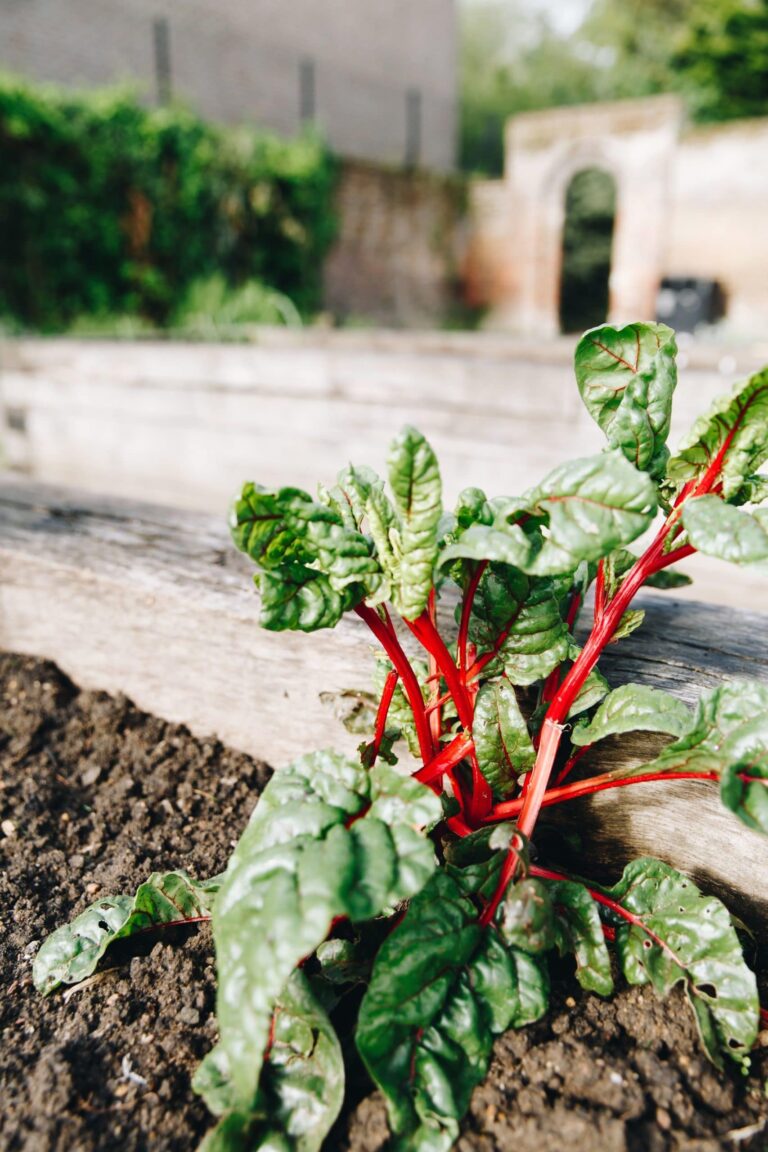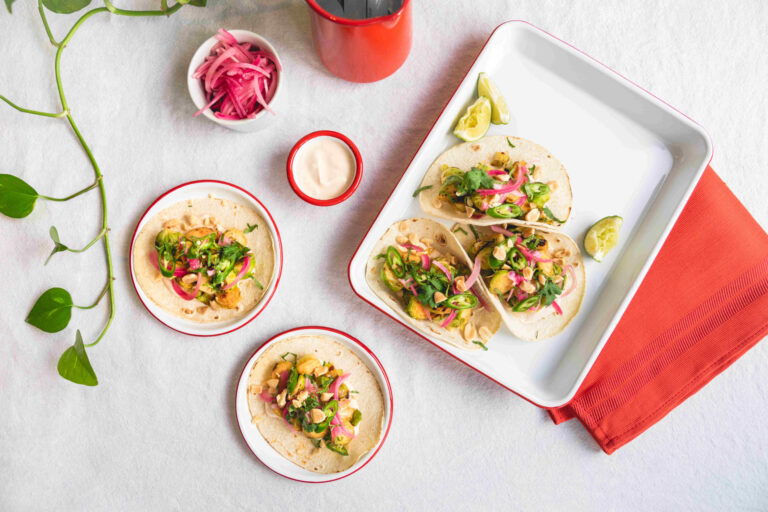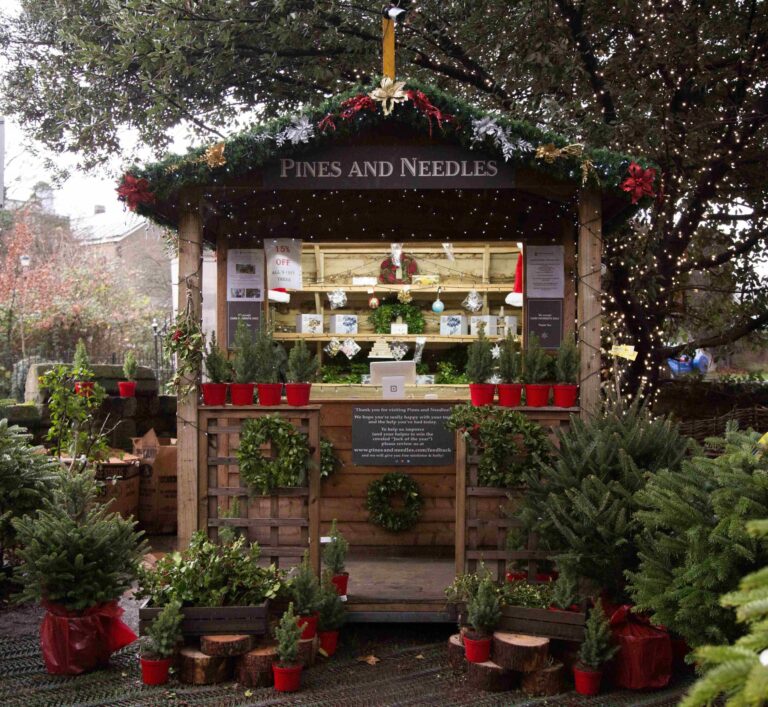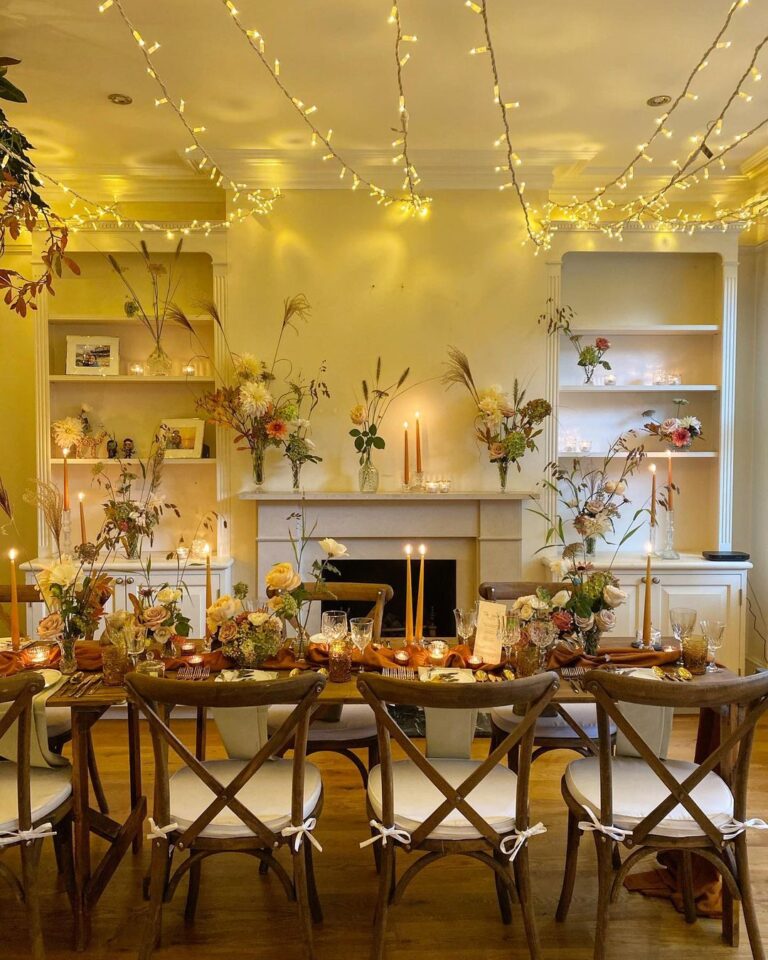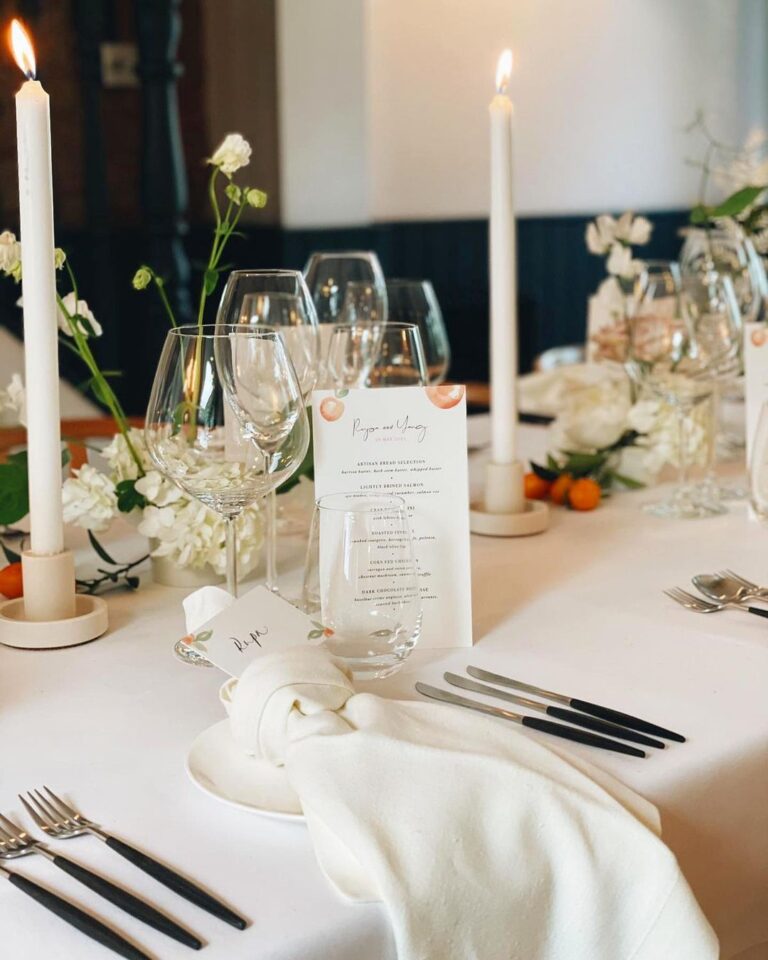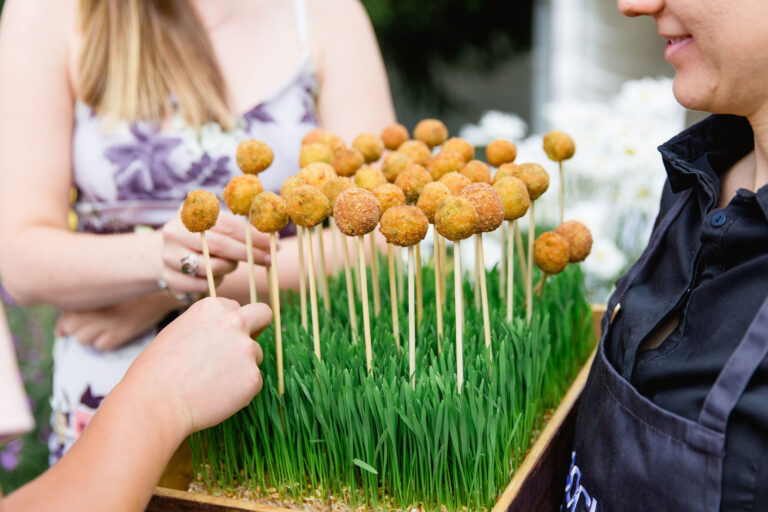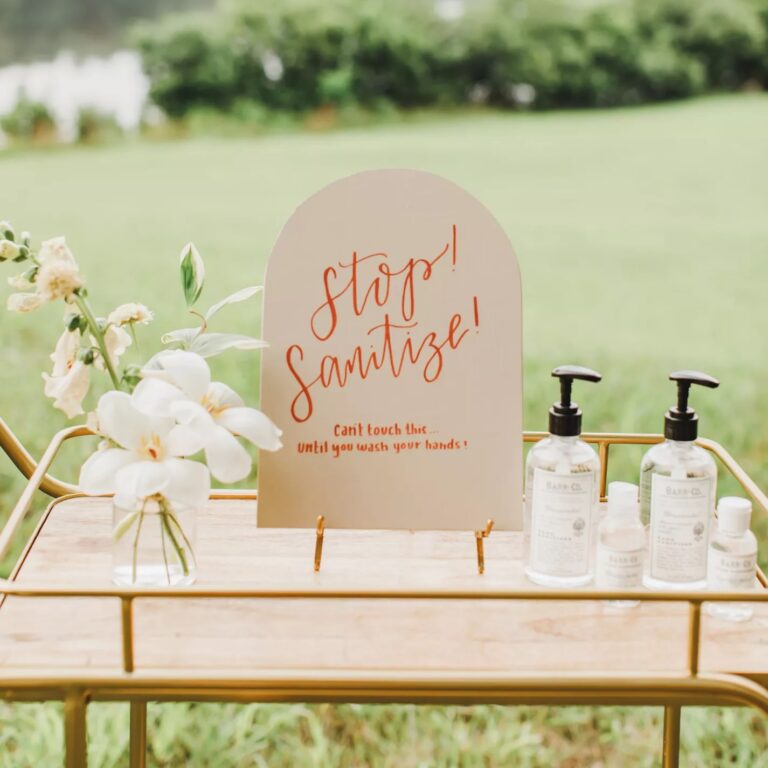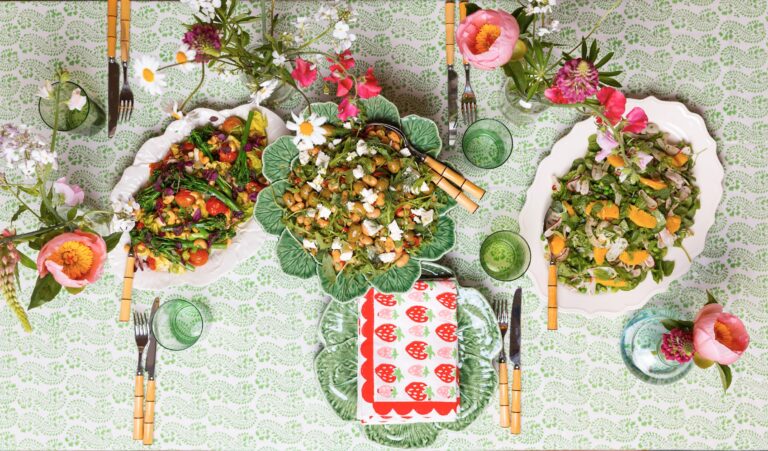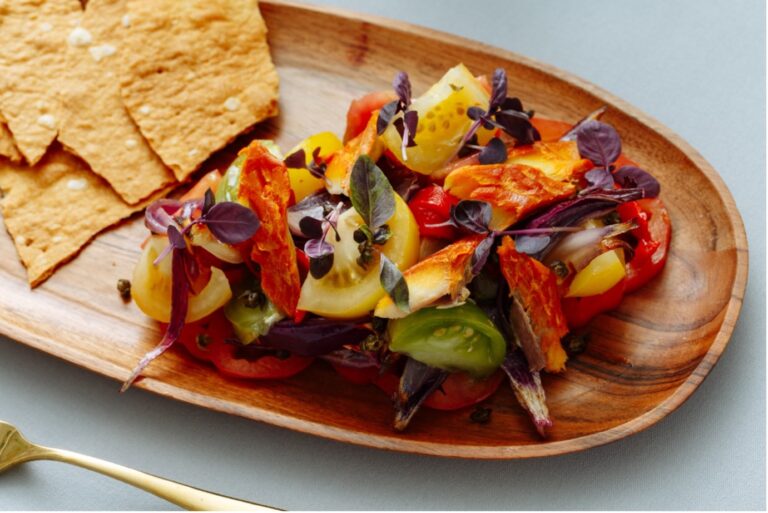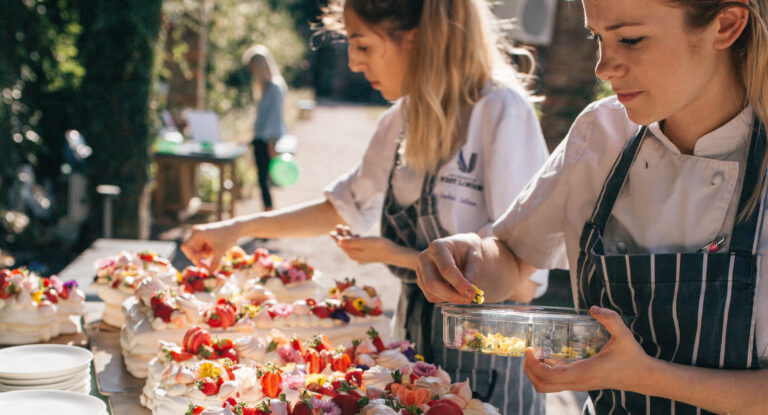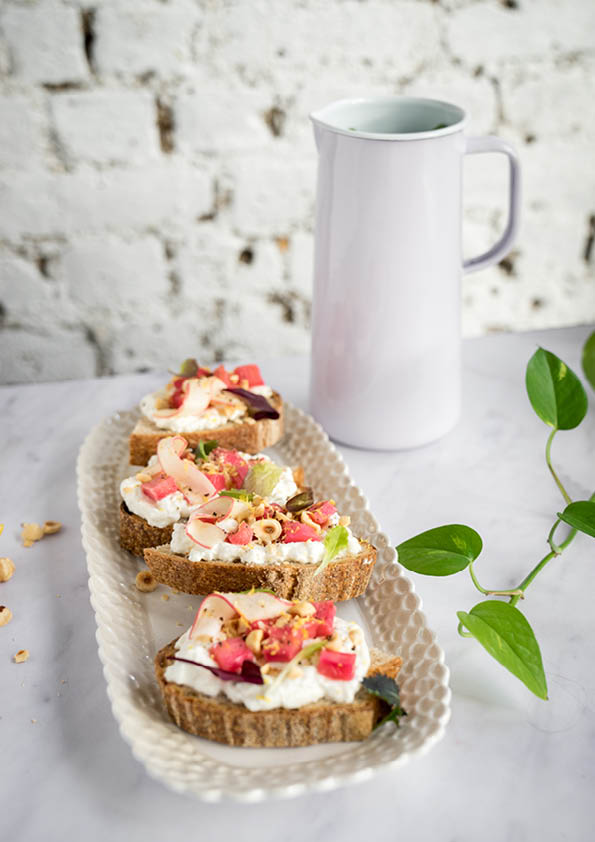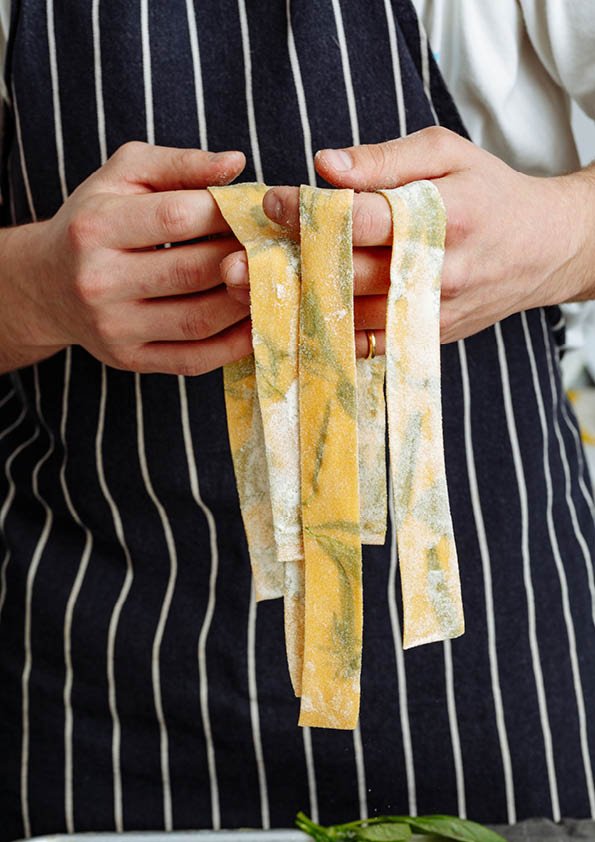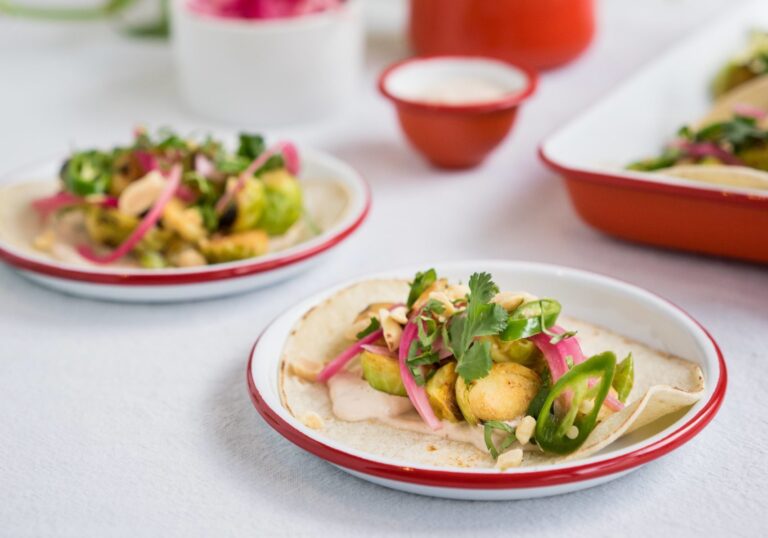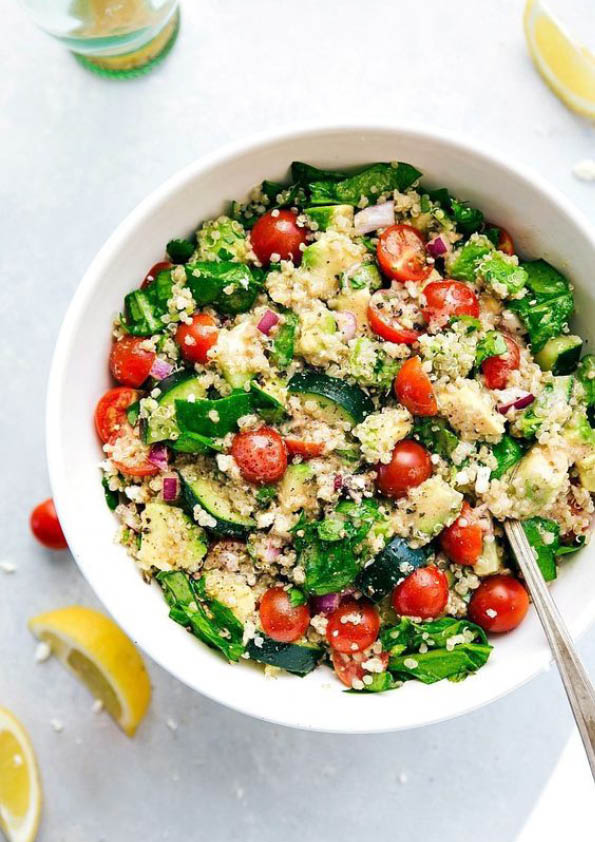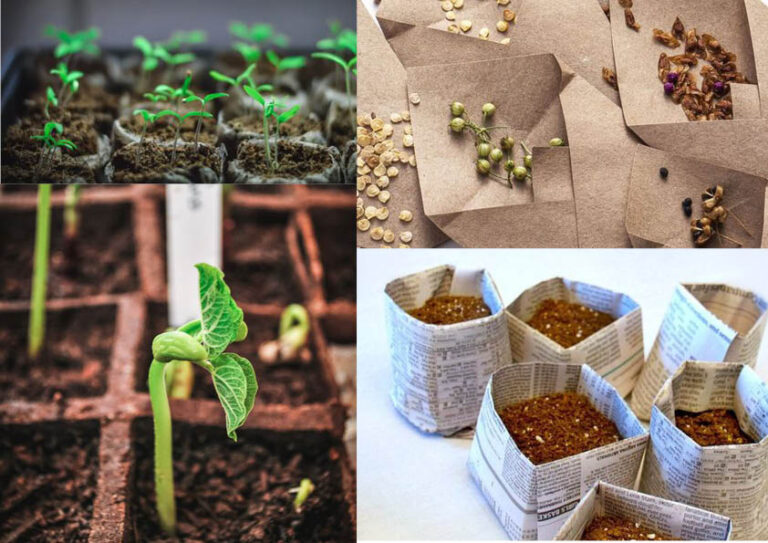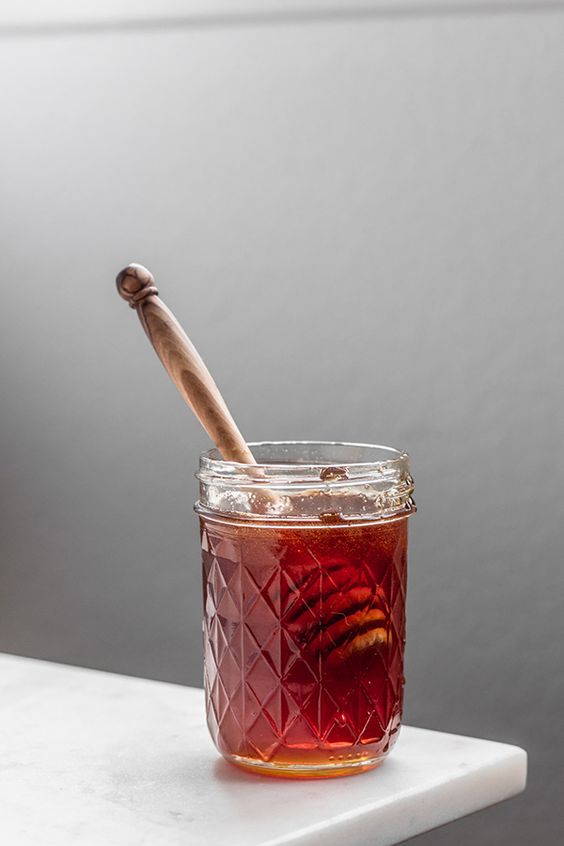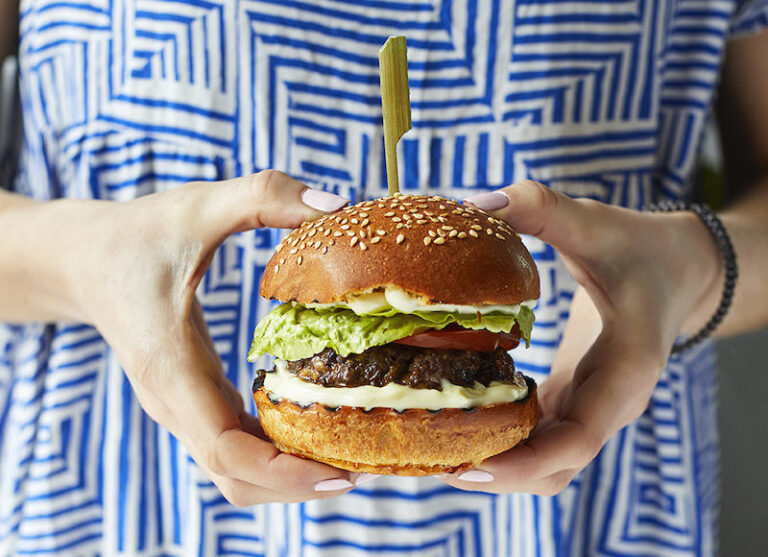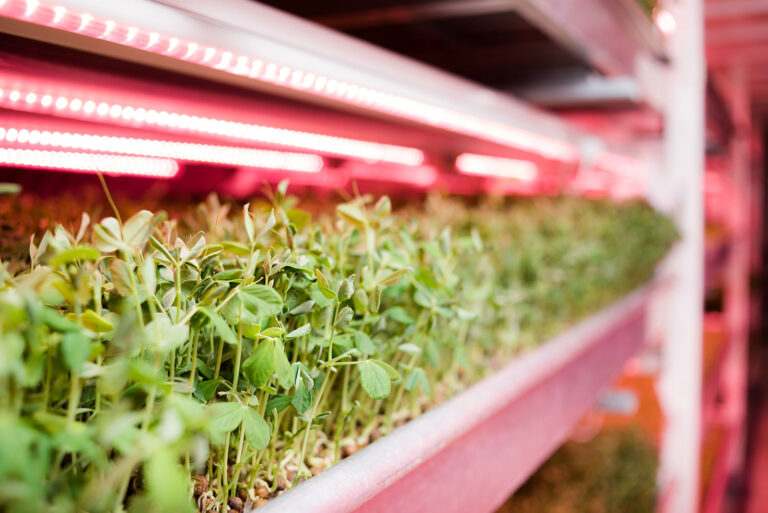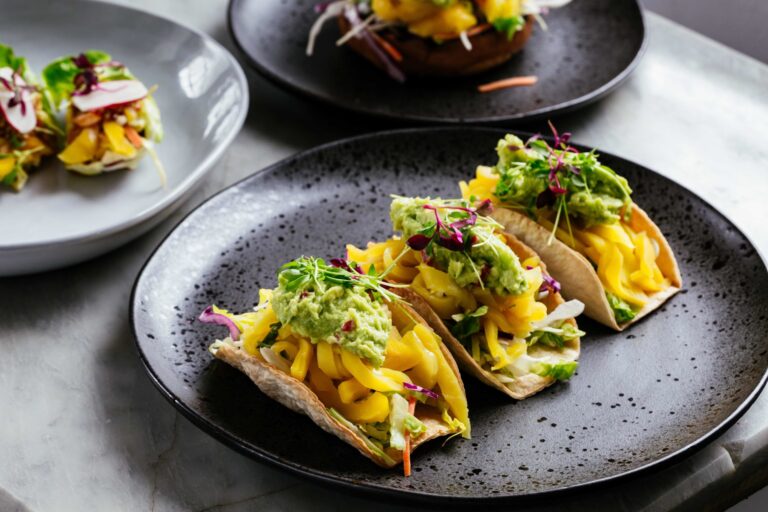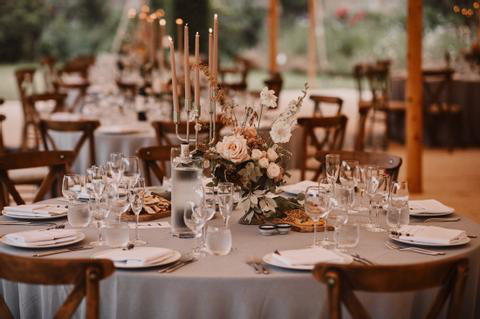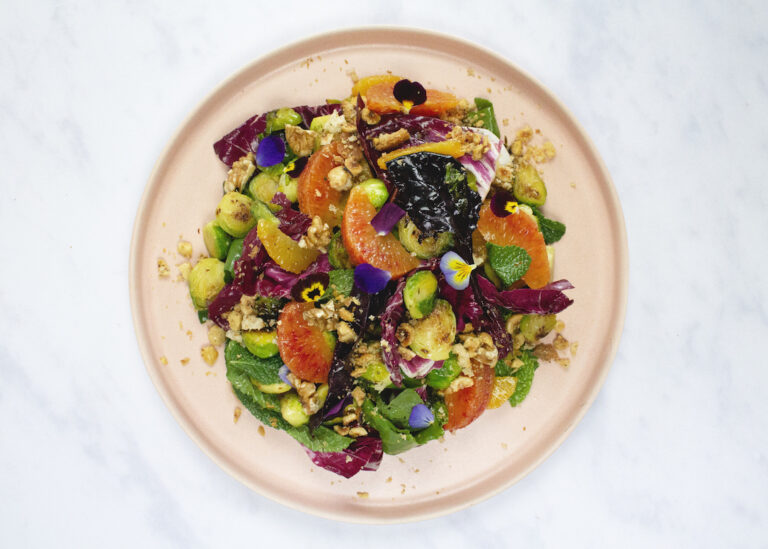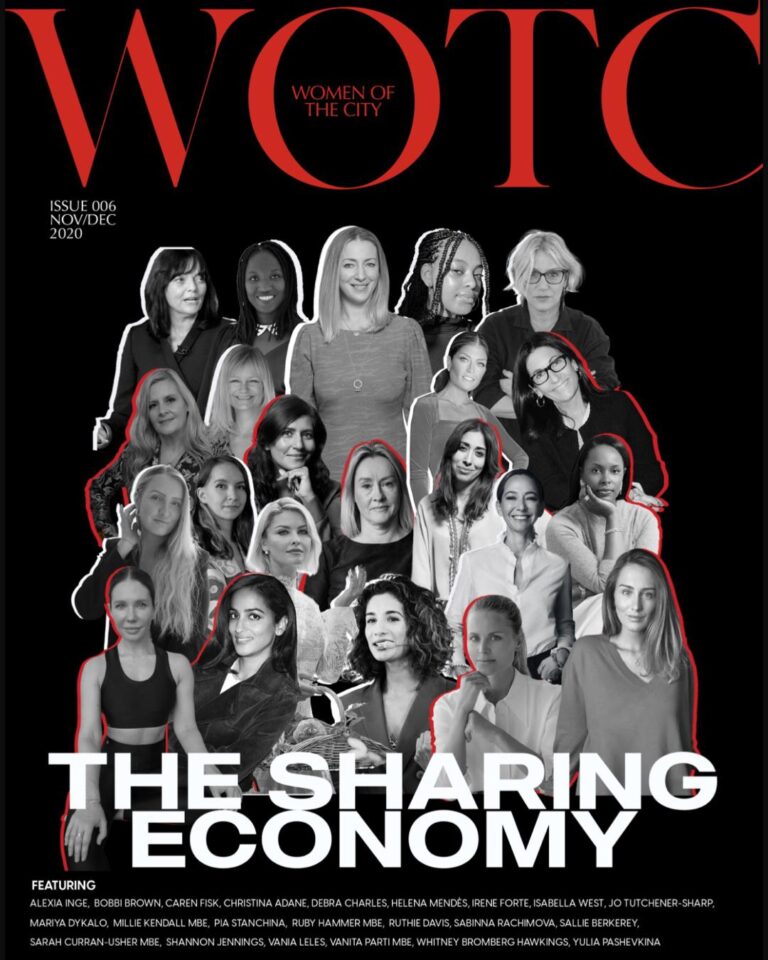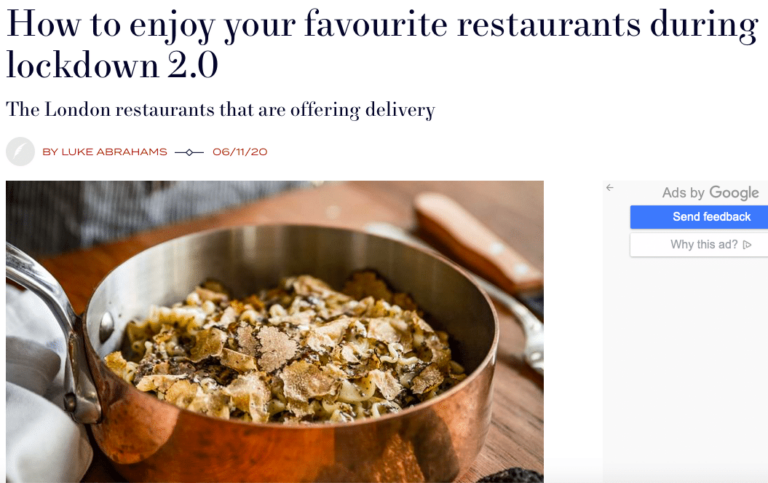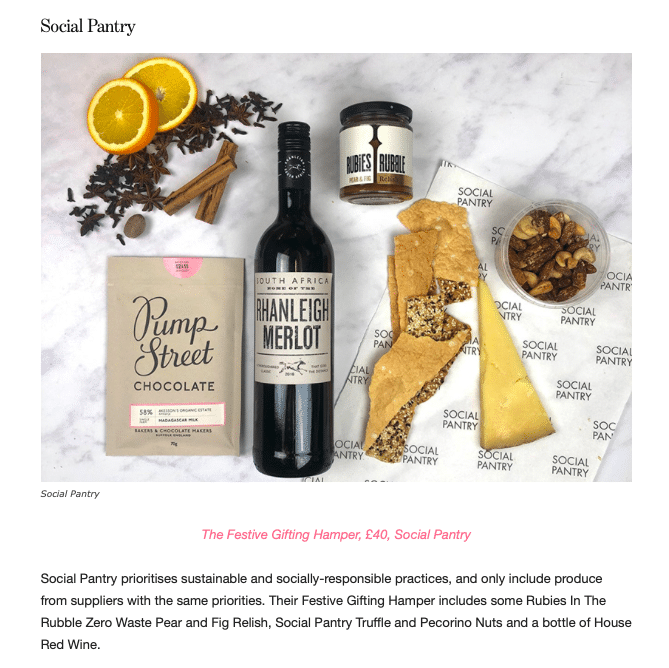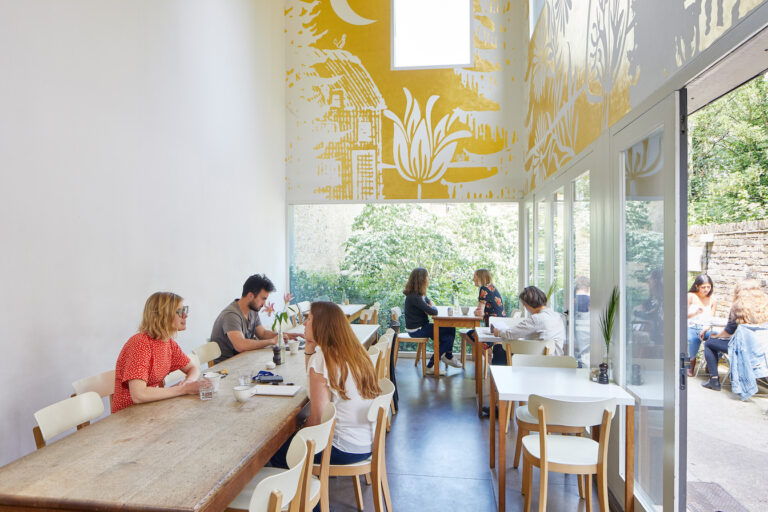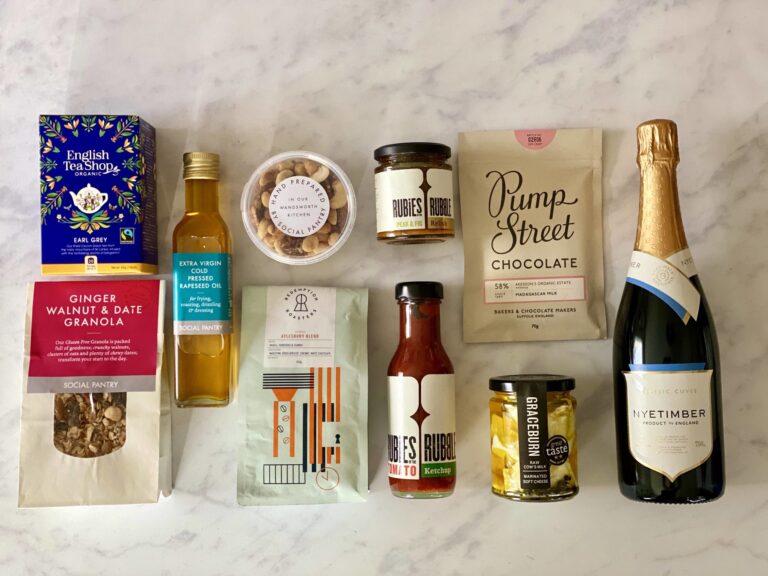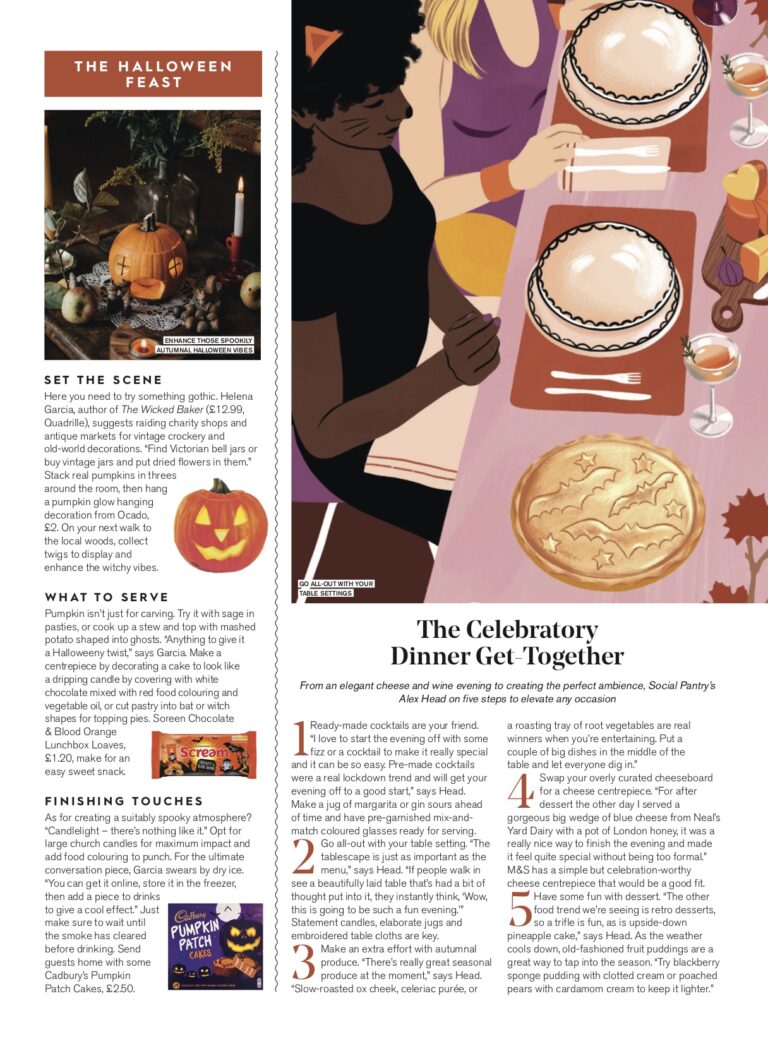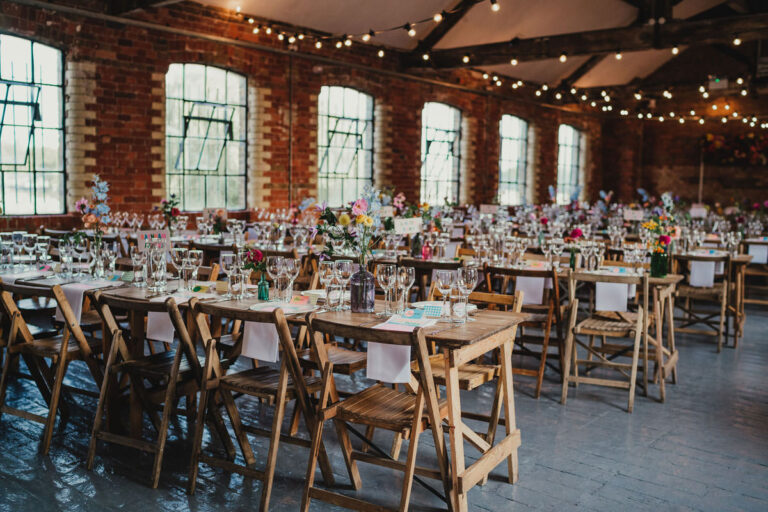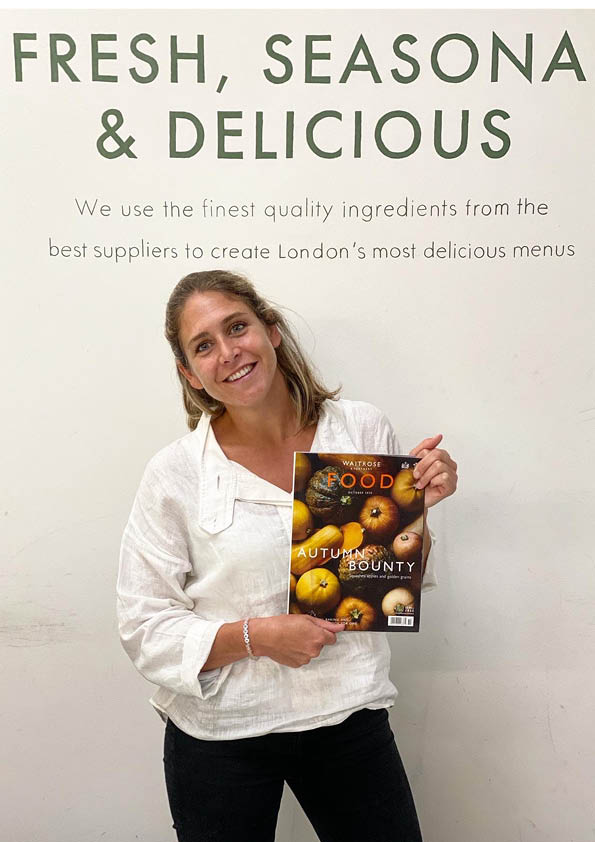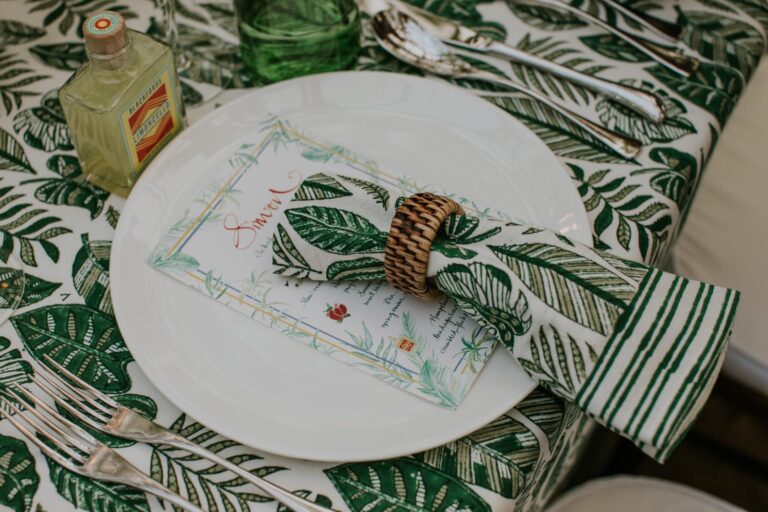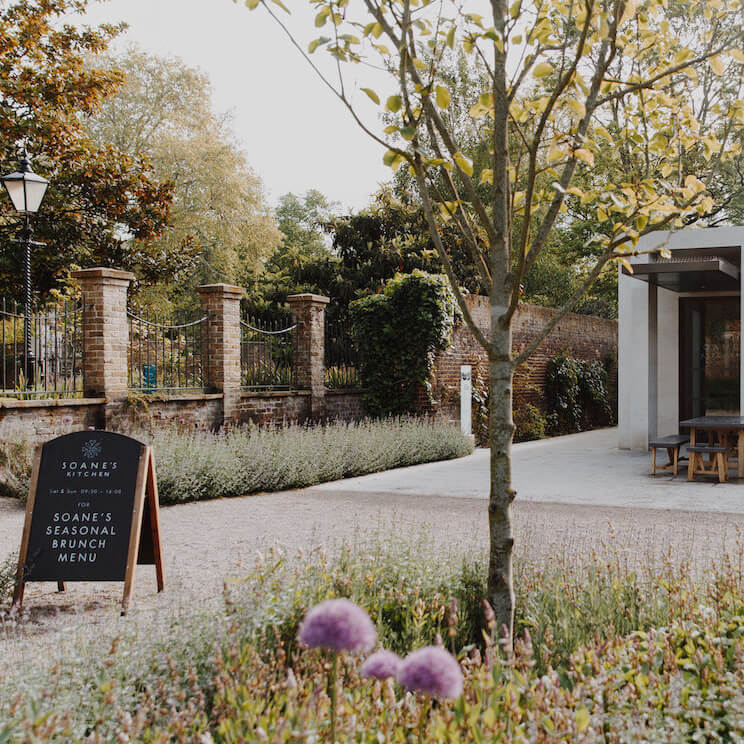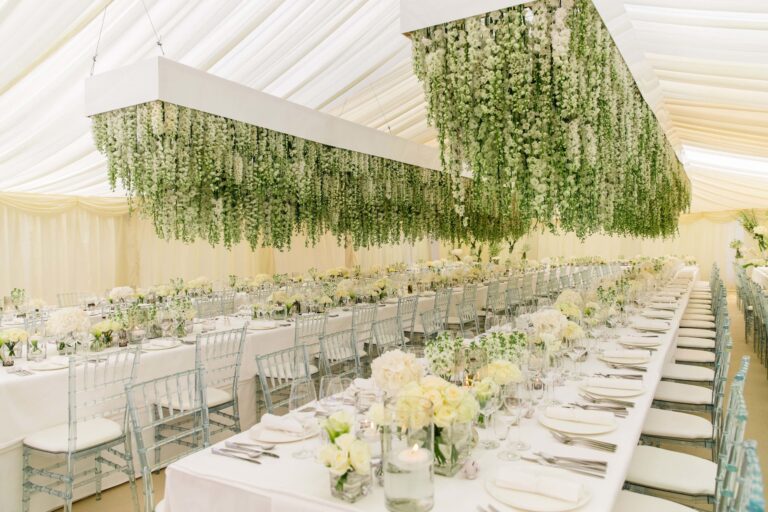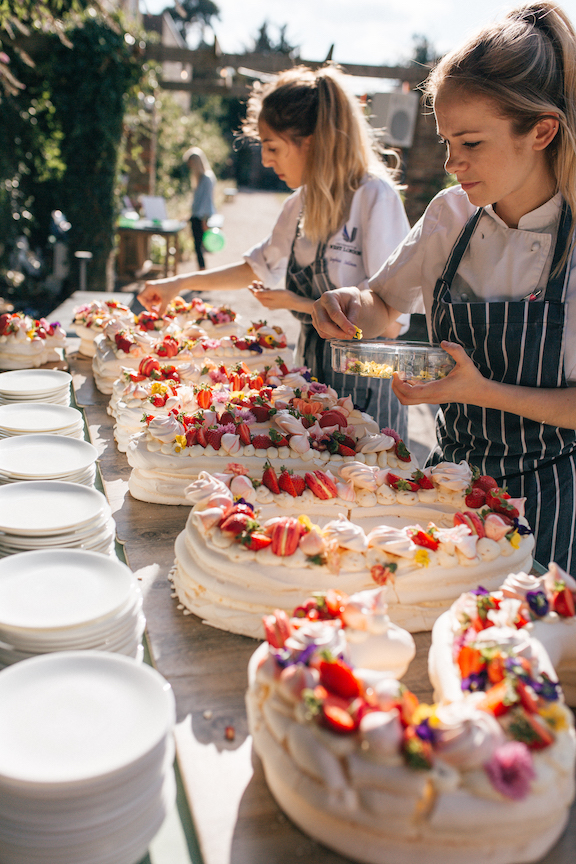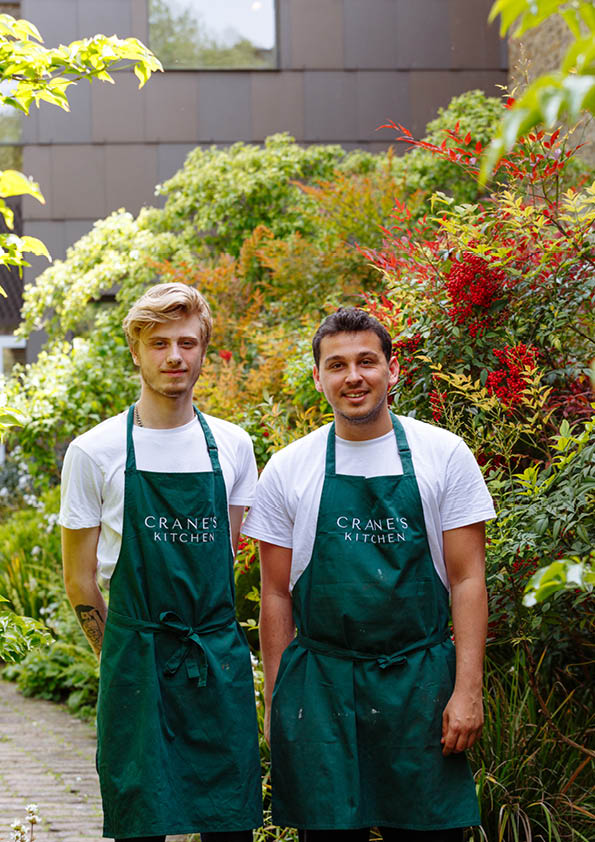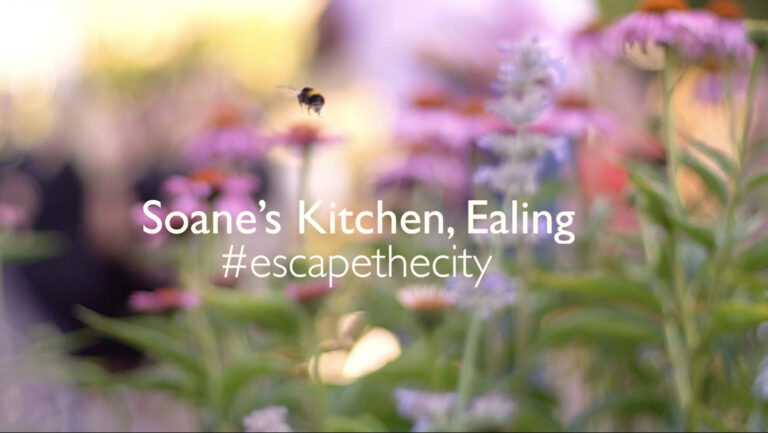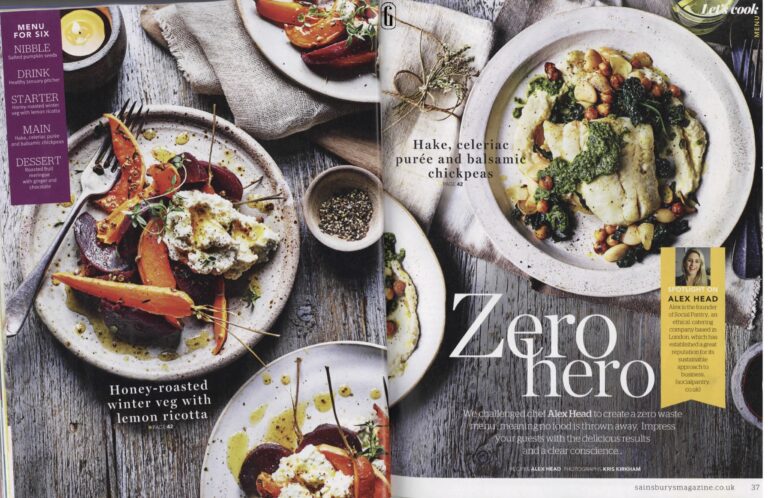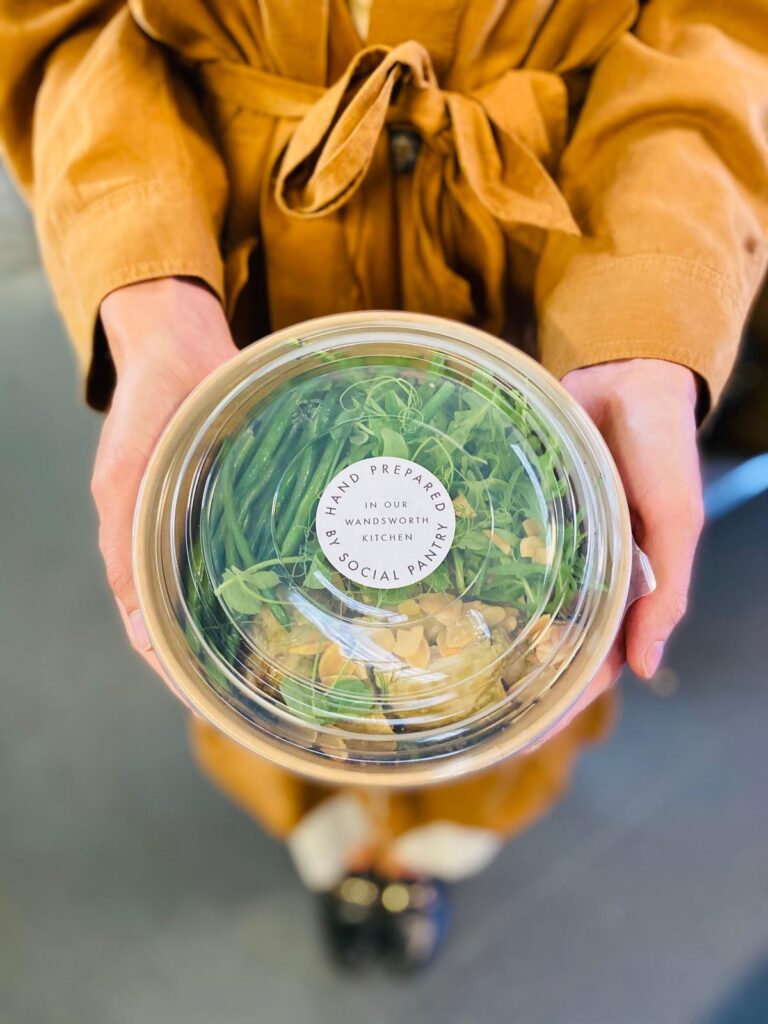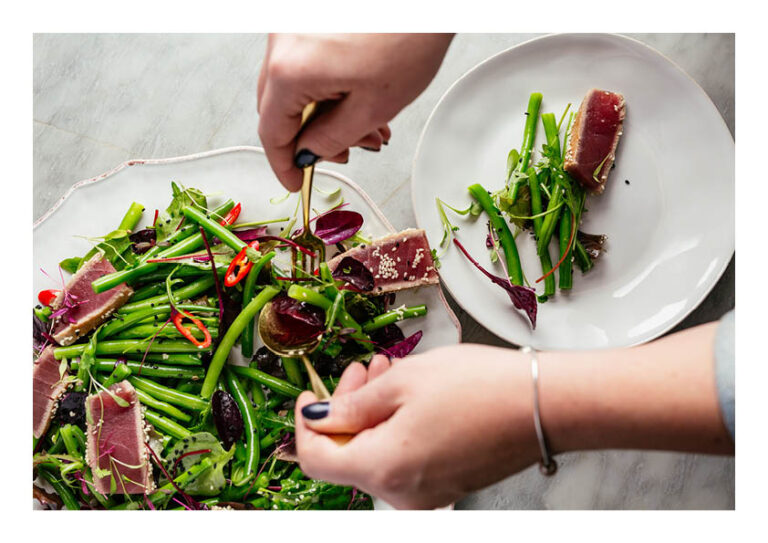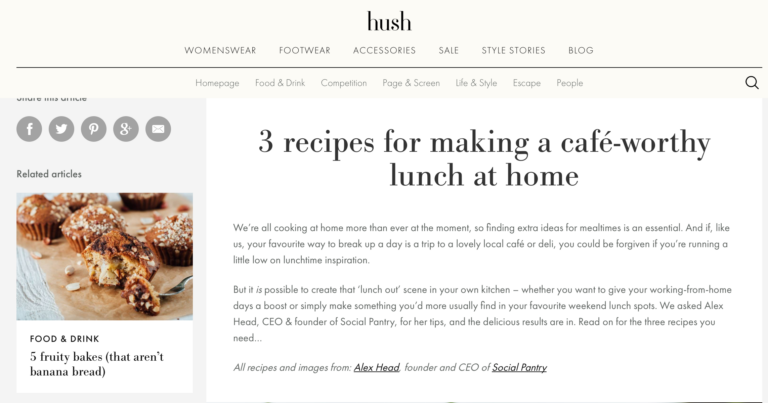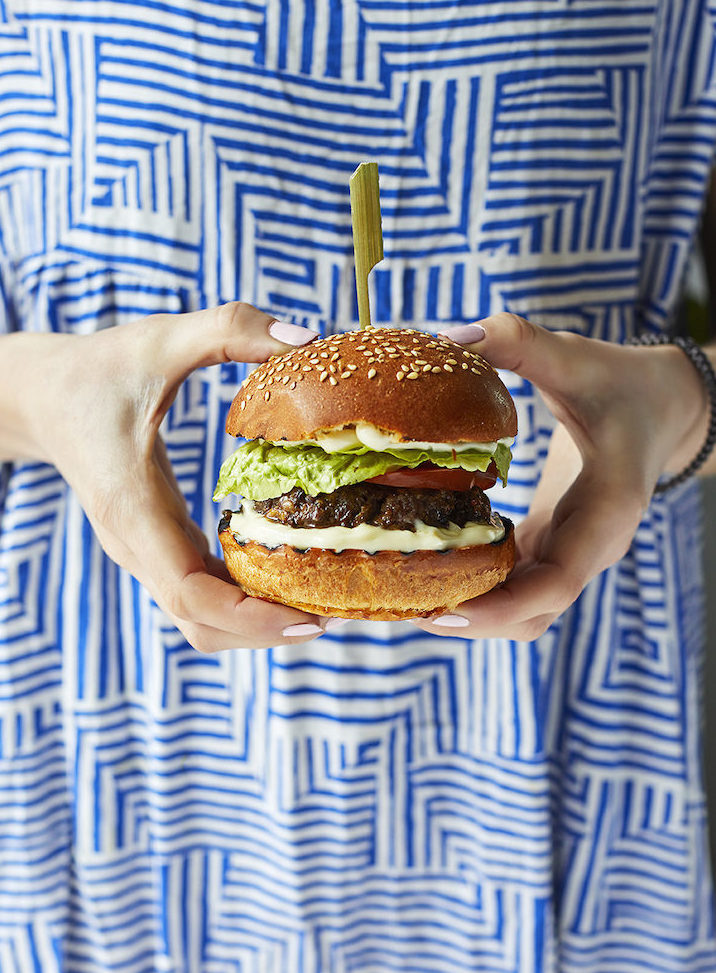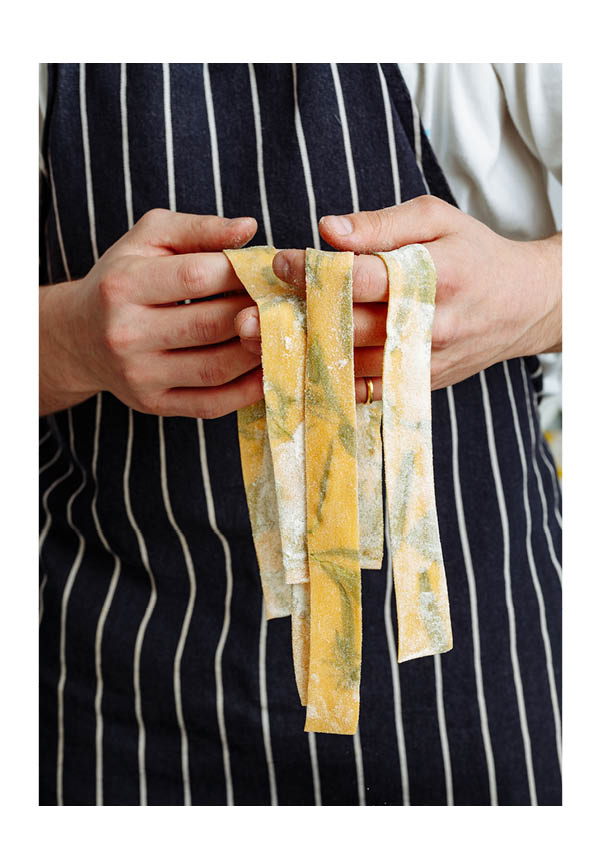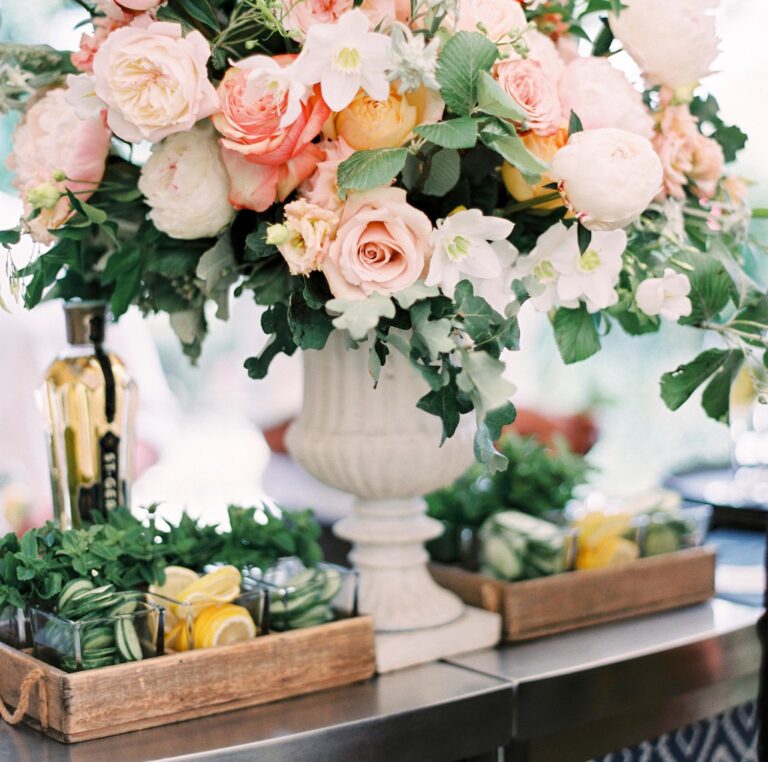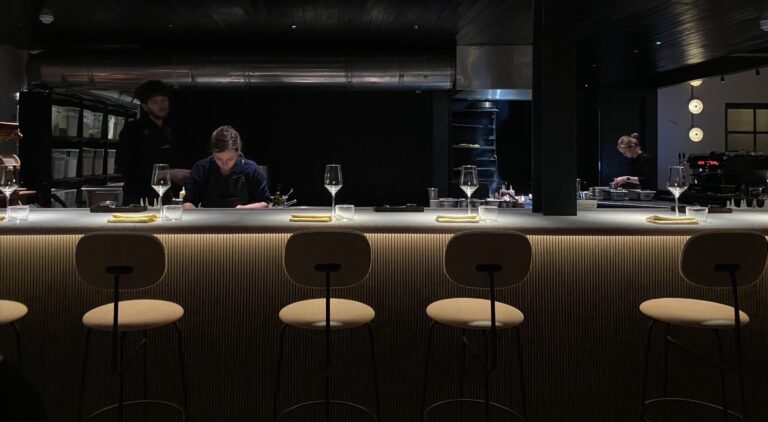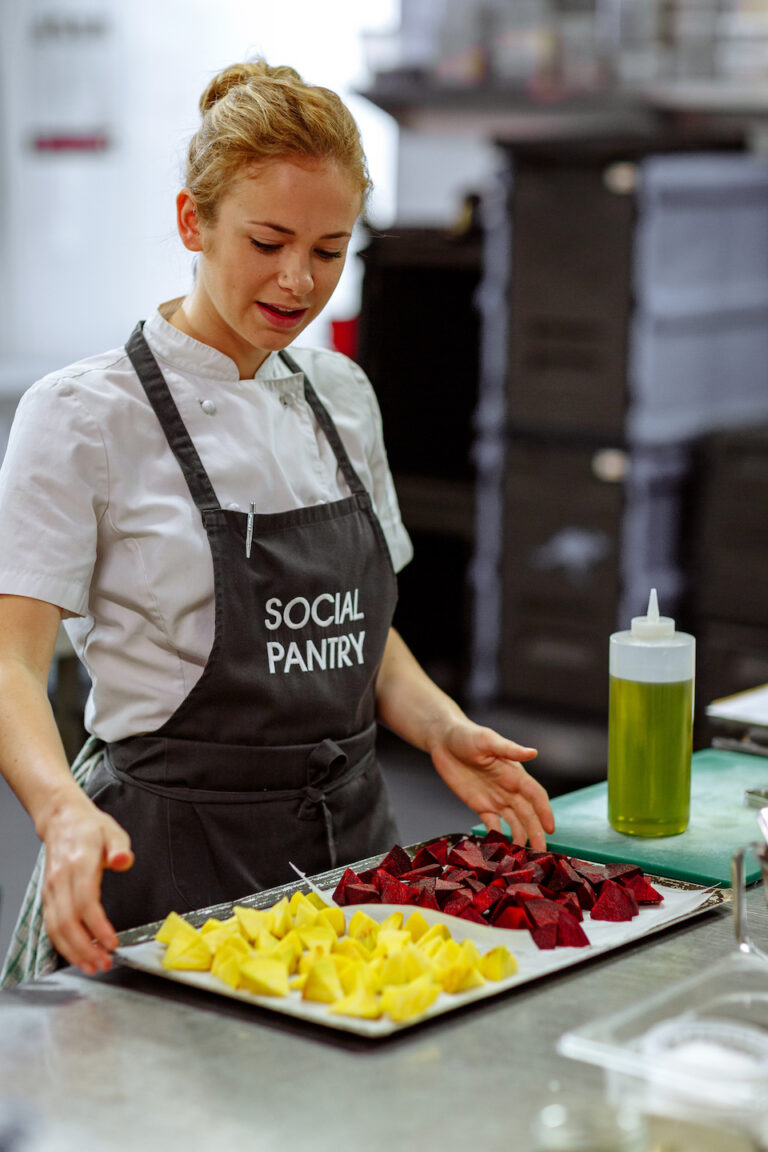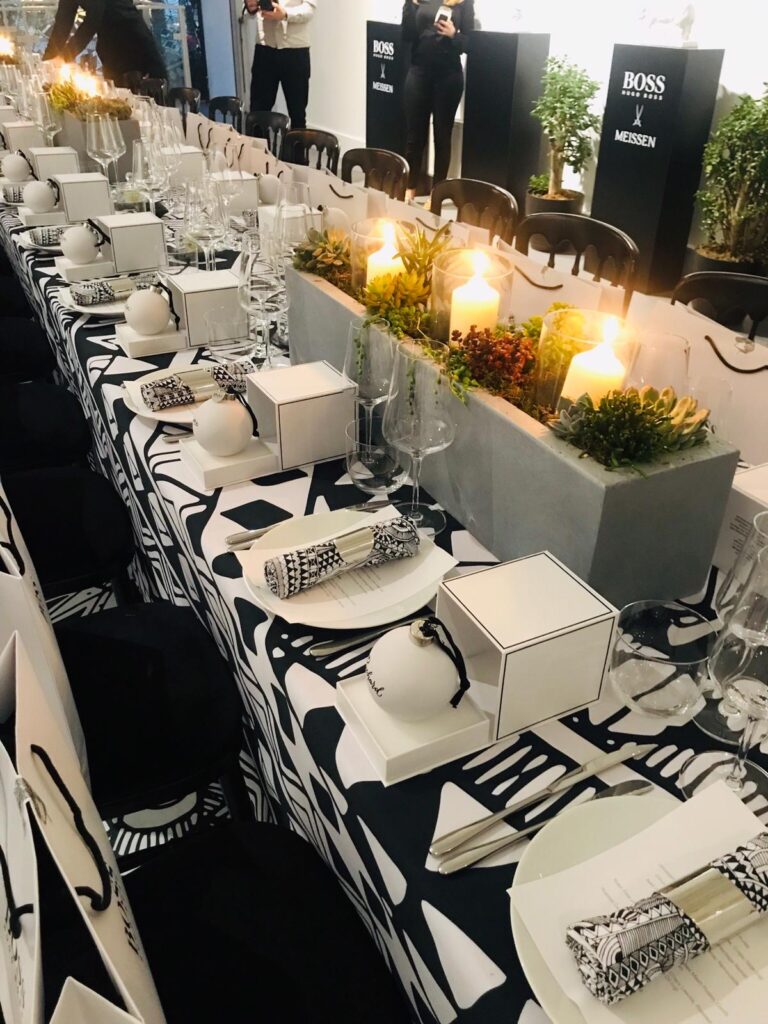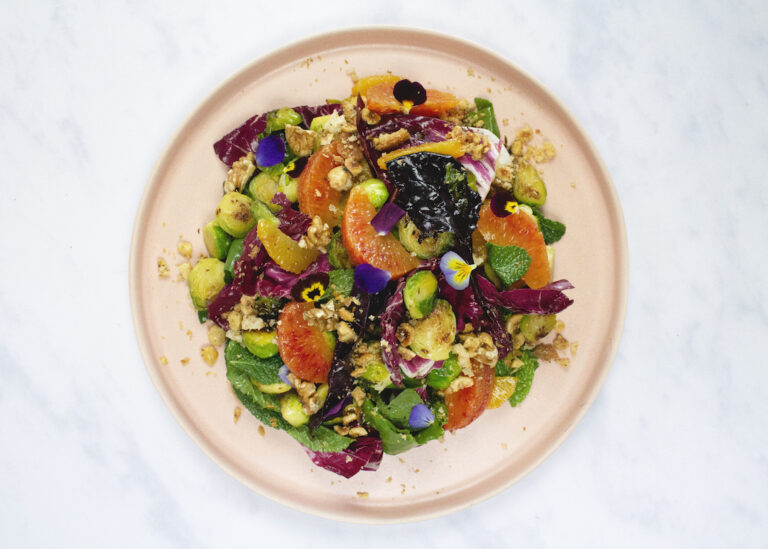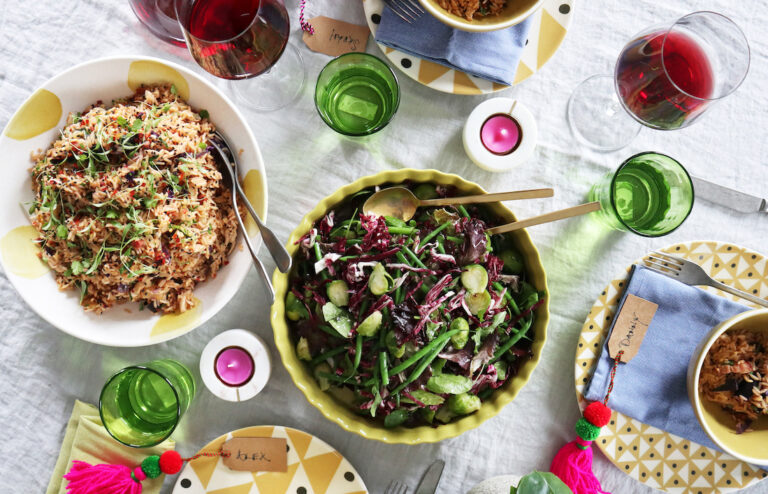The Ultimate Sustainable Festival-Goer’s Guide
Published on: August 1, 2024

Music festivals are a major feature on the social calendar, with an estimated 4.9 million Brits attending music festivals this summer. However, the 23,500 tonnes of waste produced annually at UK festivals suggests sustainability doesn’t take centre stage. At Social Pantry, we believe it is possible to do hedonism with heart. To make memories that will last a lifetime, without leaving a trace. So, to help you get festival ready, we’re putting green initiatives and eco-friendly packing essentials in the spotlight. Follow these tips to rave responsibly this summer!
Social Pantry will be at this year’s Wilderness Festival hosting a very special Social Supper on Thursday evening as well as supporting the programming of the entire feasting line-up. Heading to the festival? Swing by and say hi!
Top Tips for Enjoying Festivals More Sustainably
1. Do Your Research
So, you’ve studied the line-up and checked out the food and drink options. Now it’s time to look into what your favourite festival is doing to be more sustainable. Knowing what facilities and amenities are available will help you pack and plan accordingly. Plus, awareness of the environmental initiatives the festival has in place will allow you to maximise their positive impact. Check out Wilderness Festival’s Environmental, Social & Inclusion page to learn about the steps this festival is taking.
Think ahead; think FWRD! FWRD (Festival Waste Reuse and Diversion) is the only UK registered charity dedicated to reducing and diverting waste from festivals and events through engagement, motivation and kindness. Look out for their Free Shop at festivals! They lend camping items for a £10 deposit which is then refunded when the item is returned!

2. Travel Using Cleaner, Greener Transport
A study by Ecolibrium found that up to 80% of a typical UK festival’s carbon footprint is from audience travel and transport.
Two tried-and-tested ways to reduce your environmental impact are to take public transport or carshare. These options help festivals manage traffic with less impact on local roads and communities and also reduce land requirements and associated traffic management costs. This also improves your experience as a festival-goer as it will lead to shorter queues and less stress over parking!
Big Green Coach is the official and exclusive coach travel partner for multiple UK festivals in 2024. They operate a carbon-neutral coach services that drop guests right inside the gates. Alternatively, there are initiatives that help organise car shares to festivals, reducing the number of vehicles on the road and splitting costs.
Wilderness Festival is also partnering with Big Green Coach, collaborating with Liftshare and offering shuttle buses from Charlbury train station to provide lower-carbon alternatives to single-occupant car travel. For those who are driving, all parking passes at the Festival include a £1 surcharge, which is donated to Trees for Cities, an organisation that plants trees in the Oxfordshire region. In 2023, the festival raised £6,327 for the charity through this scheme.
3. Reuse Your Tent
It’s estimated that 250,000 tents are abandoned each year, accounting for 17% of waste from UK festivals and meaning that a massive 900 tonnes of plastic waste ends up in landfill.
Plastic-free tents are available. Not only do 100% cotton canvas bell tents and tipis have better breathability, they are also stronger, so have a longer lifespan. However it is an investment – the four-metre-high, 100% natural cotton canvas tent from Bell Tent Boutique is £404.99. Some still come with a plastic groundsheet. But after its final festival, in years to come, the tent will also decompose, and it will do so much faster than a man-made fabric tent.

Regardless of what it’s made of, using a tent repeatedly is more environmentally-friendly than discarding it after a single use, as many do. Eco Action’s Love Your Tent and its #justtakeithome message aims to reduce waste and remind festival goers that a tent is for life, not just for a weekend.
Many festival goers assume discarded tents will be salvaged, but this isn’t always the case. These initiatives do exist, but they rely on volunteers. One positive example is the collective work of Help Refugees, FWRD, and Herts for Refugees. They have previously teamed up to salvage camping items from festivals to support refugees in Northern France. From Glastonbury alone, volunteers gathered some 300 sleeping bags, duvets, and blankets; 150 roll mats; 120 tents; 75 tarps; 20 water carriers; 260 chairs; 30 pillows; and 250 mattresses, according to Help Refugees.
While these efforts are commendable, the reality is that these items should never have been disposed of in the first place. Donating directly to charities is far more efficient alternative. If you no longer need your tent, consider dropping it off at one of Care 4 Calais drop off points all over the UK.
4. Forget Fast Fashion
Festival fashion trends are often as fleeting and faddy as they are flashy and fun. Think sequined dresses, crochet pieces, retro trousers, barely-there bandeaus, glitter, neon and patterns everywhere. Festival fashion has come to be associated with throw-away pieces that are too garish and excessive to be integrated into your everyday wardrobe. Consumers are deterred from buying higher-quality items if they are to be worn for one day only and discarded immediately after. And so the problematic fastfashion cycle continues.
Every year, 208 million lbs of waste is generated by single-use outfits. So why not rent your festival outfits instead? If everyone in London this summer rented one dress instead of buying new, they would save the equivalent of 674 double decker buses of waste from going to landfill!
At Social Pantry, we are huge advocates of rental fashion as an alternative to making new purchases. Our founder Alex Head made a sustainable statement at her wedding by having her bridesmaids wear outfits loaned from fashion rental company Hirestreet.
Renting has been touted as the perfect solution for fashion-forward festival goers. Combining sustainability and affordability with one-off style and extravagance. Rental platforms such as Hirestreet, Hurr, and ByRotation have entire collections and app features dedicated to festivals specifically. They offer everything from dresses, co-ords, raincoats and cowboy boots to designer wellies, bucket hats, aviator shades and bum-bags available to borrow. That means you can plan your festival outfits from head to toe without making a single new purchase!
If borrowing an outfit fills you with worry (after all, muddy fields and mosh pits could lead to damage to your clothing), then why not buy second-hand? Most local charity shops and vintage stores are brimming with bargain festival garms, or you can try finding something pre-owned on apps like Vinted or Depop.

5. Bring Your Own Eco Food & Drink Containers
Most festivals are now taking to steps to cut down on non-recyclable waste and promote more sustainable alternatives. For example, Glastonbury Festival banned the sale of plastic drinks bottles and disposable vapes, while all its crockery, plates and even crisp packets are either compostable or recyclable. Wilderness Festival does not sell any virgin single-use plastic either, and only allows EN 13432 certified compostable materials to be used for its food service containers.
Social Pantry will be serving takeaway festival food in Notpla sustainable packaging made from seaweed that disappears naturally! And our feasts being served in the Long Table Banquets tent and in The Wilderness Kitchen tent will be served on proper crockery because, when it comes to the 3 Rs of sustainability, ‘Reduce’ and ‘Reuse’ take precedence above ‘Recycle’!
Despite these efforts, the average festival-goer still produces over 8kg of waste per day, primarily comprising of food packaging and drink containers. So, why not take matters into your own hands by bringing your own reusable food and drink containers? Invest in an over-the-shoulder bottle holder so you can rave hands-free (and never lose your drink again!). There are reusable cups available in shops and online for every beverage and every occasion, however any 20oz cup will fit a pint of beer. And a 12oz insulated coffee cup won’t just keep your latte hot, it will hold an Aperol Spritz at the perfect chilled temperature too!
As for food containers, we love STOJO’s collapsible lunch bowl. With a huge 1.1L capacity it will hold the largest of burrito bowls, curries or fully loaded fries before collapsing and folding to the size of the lid. At the end of the festival, you’ll be grateful to have an extra container. Use to pack up loose items or anything that could leak into the rest of your bag.

6. Opt for Sustainable or Reusable Wet Wipes
Wet wipes are widely considered a festival essential. However, even plant fibre-based biodegradable wipes release greenhouse gases when they decompose. A good old-fashioned wash cloth and soap, or reusable makeup remover pads, is a much more sustainable option. The organisers of Glastonbury have asked people to avoid using disposable wipes where possible. Using wipes only where absolutely necessary is key. According to their calculations, if festival goers used just one wipe per day rather than four, it would save 450,000 wipes entering the waste system.
Out of the more sustainable wet wipe options available, we recommend Happy Planet’s biodegradable fragrance-free wipes. They are created from plant cellulose fibres, purified water and apple extract, and are 100% free from polyester and plastic. The company also donates 10% of its profits to charities working to remove plastic pollution from oceans.
7. Avoid Buying Travel-Sized Toiletries
Travel-sized toiletries aren’t just over-priced, they also have a high environmental cost. While standard-sized products contain an average 5.1ml of fluid per gram of packaging, travel size products hold just 2.7ml of fluid per gram of packaging. This makes them almost twice as polluting. Over 980 tonnes of plastic waste are generated from travel-size toiletries each year. And many are discarded half-used. Investing in a set of refillable miniature bottles will save you money in the long run, as well as reducing plastic pollution. Or why not chat to your camp mates and each bring one full-sized bottle of product that you can then share?
8. Try Greener Period Solutions
Sustainable period care is a major talking point right now. Reusable period care such as menstrual cups have been touted as the perfect solution for festival goers as they hold more than regular pads or tampons and you don’t have to carry supplies around with you, however festivals aren’t always set up in a way that makes it easy to choose this option since a sink is usually required to wash both your hands and the cup before reinsertion.
One organisation specialising in making festivals more period-friendly is Red Sea Travel Agency. Born at Shambala Festival in 2018, they’re dedicated to creating a future where festivals can be more accommodating of people with periods. They provide dedicated toilets with lighting, bins and sinks for washing reusable menstrual products. There’s even a comfy space where you can get a herbal tea and hot water bottle to ease cramps! Other more sustainable disposable period solutions include Fluus – the first 100% microplastic-free flushable pads, as well as Fab Little Bag which makes opaque, discrete, seal-closed bags for hygienic and environmentally friendly period care disposal.
9. Use Biodegradable Glitter
For many festival-goers, glitter is an essential. But, made from tiny flecks of single-use microplastics, traditional glitter is a no-go. Opt for biodegradable glitter for a still-sparkling sustainable alternative. Projekt Glitter and Disco Dust London supply biodegradable glitter in every imaginable colour. Biodegradable glitter is made with plant-based ingredients like eucalyptus pulp and cellulose. It decomposes naturally into organic matter within six months to a year, leaving behind no harmful residues. In contrast, traditional glitter remains intact and can persist as waste in landfills or end up in water bodies for hundreds of years.

Find Social Pantry supporting the Feasting & Dining offering across Wilderness Festival, or dine with us in the Long Table Banquets tent or The Wilderness Kitchen.




